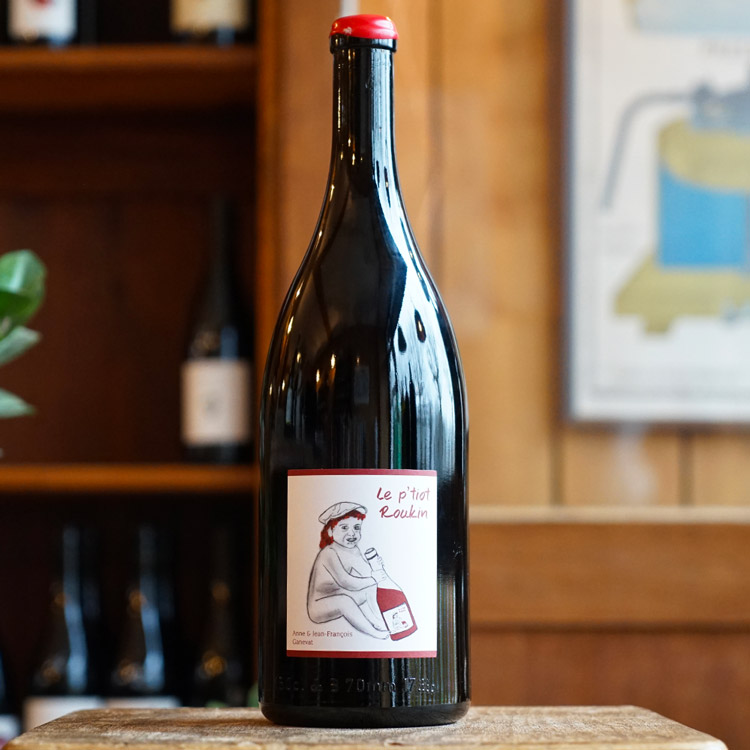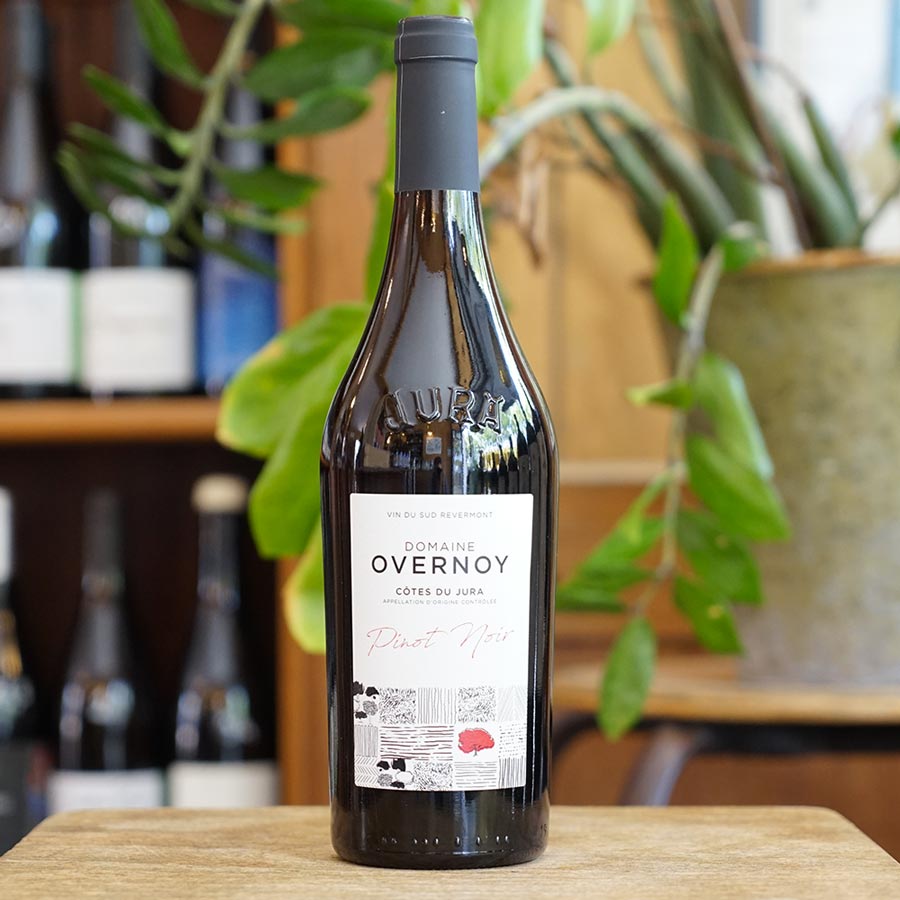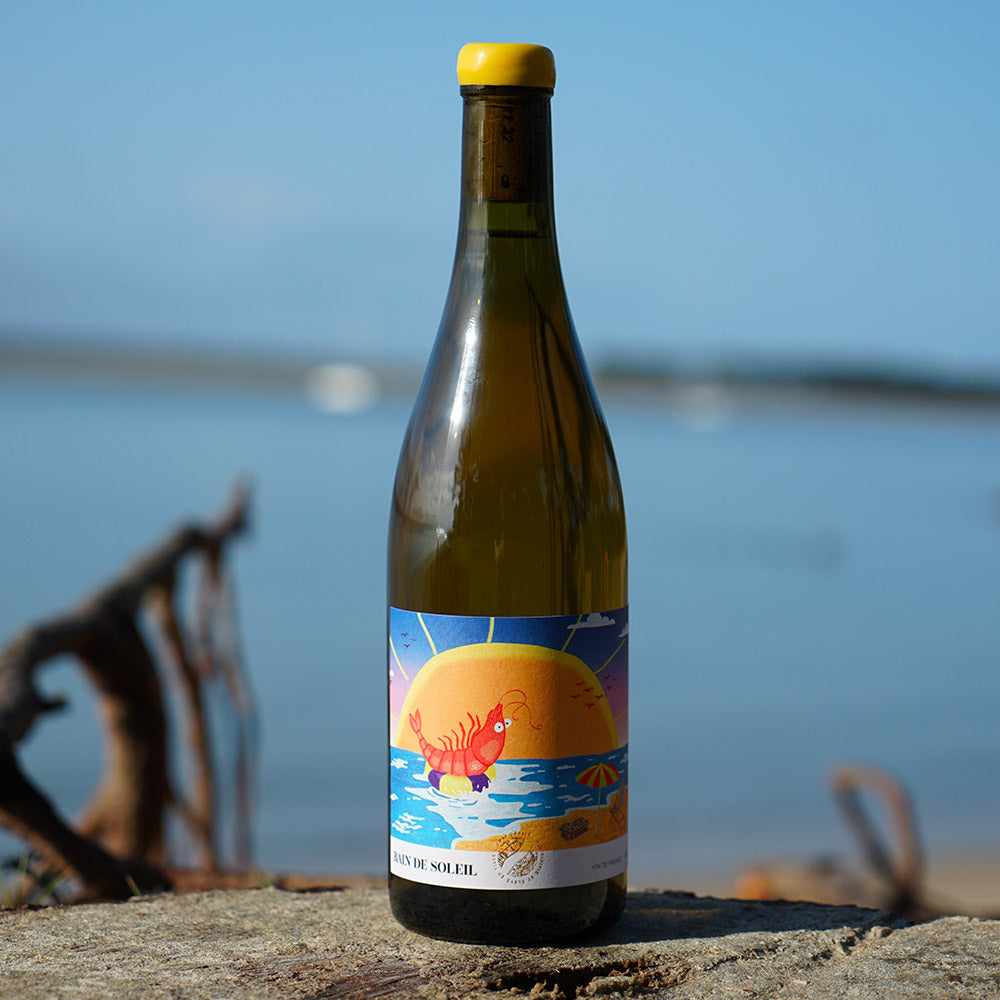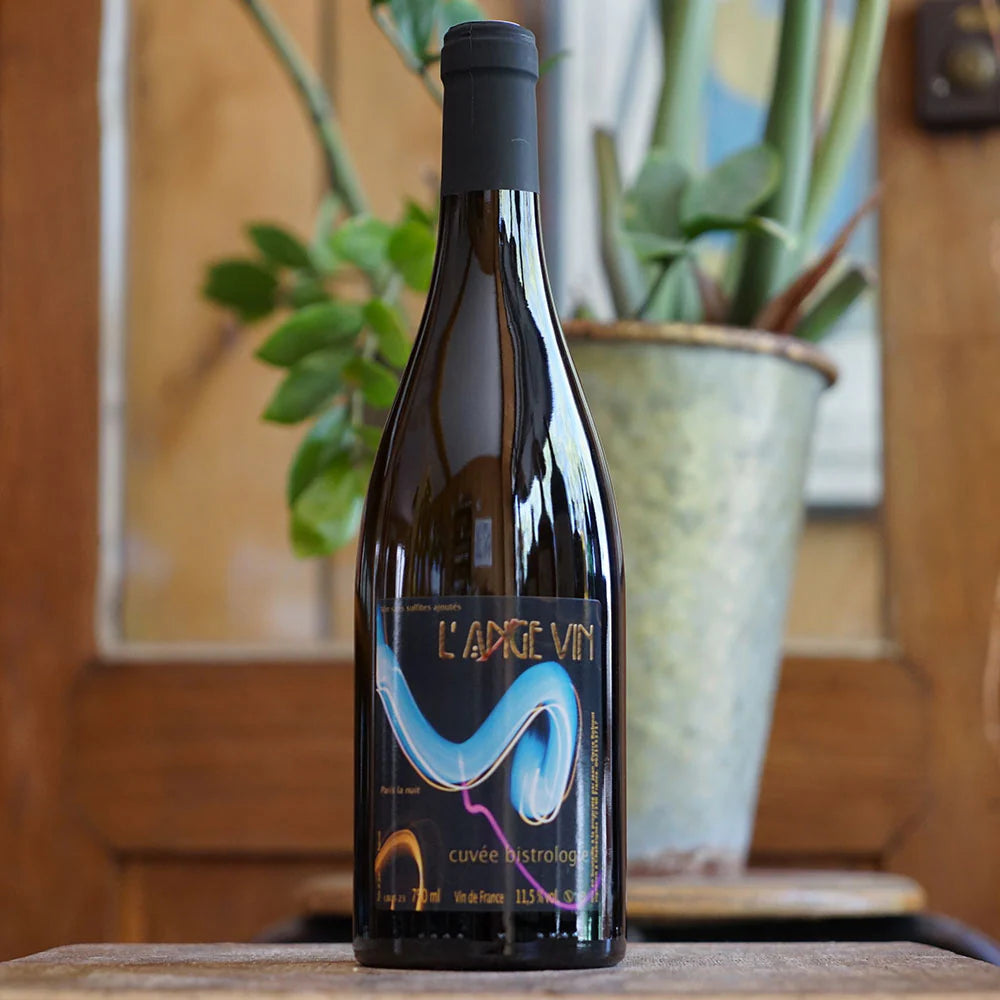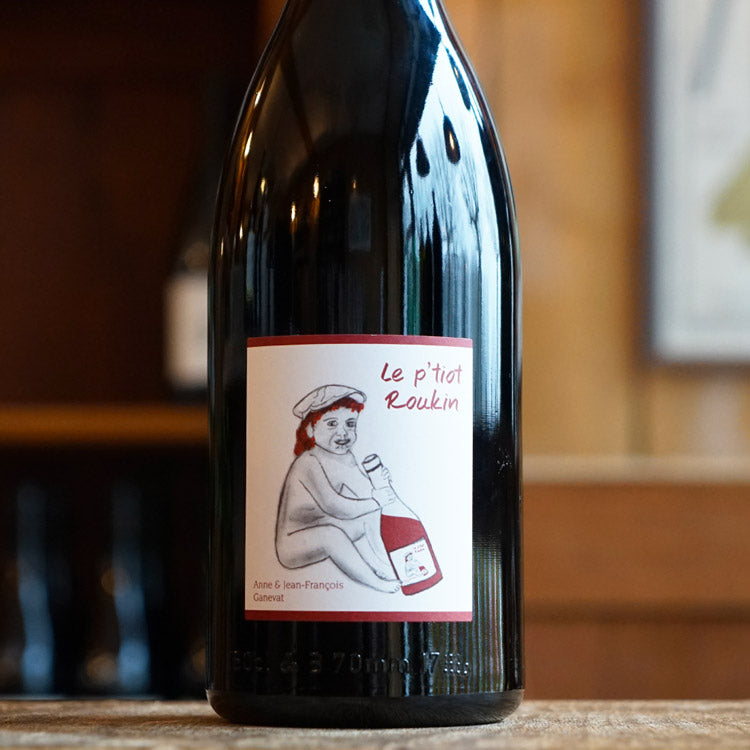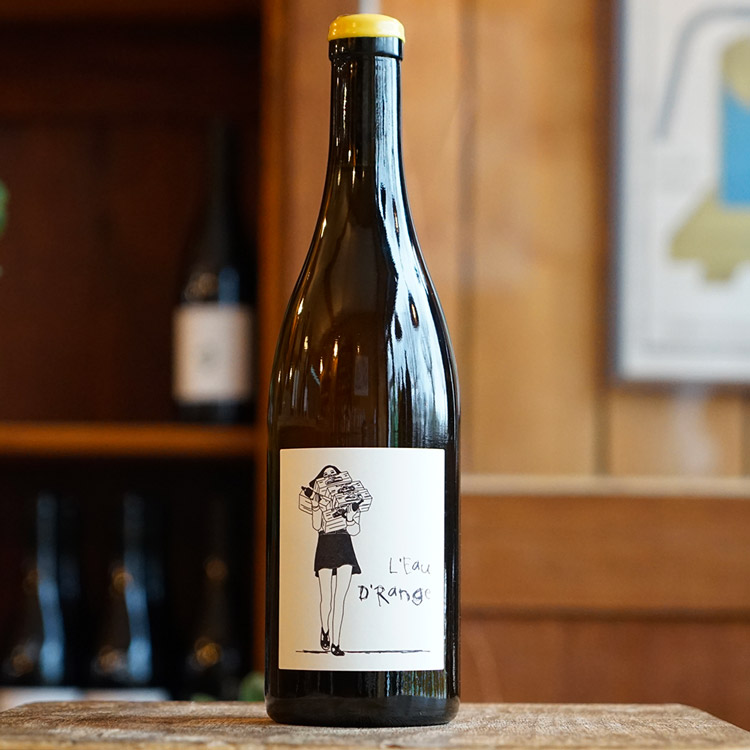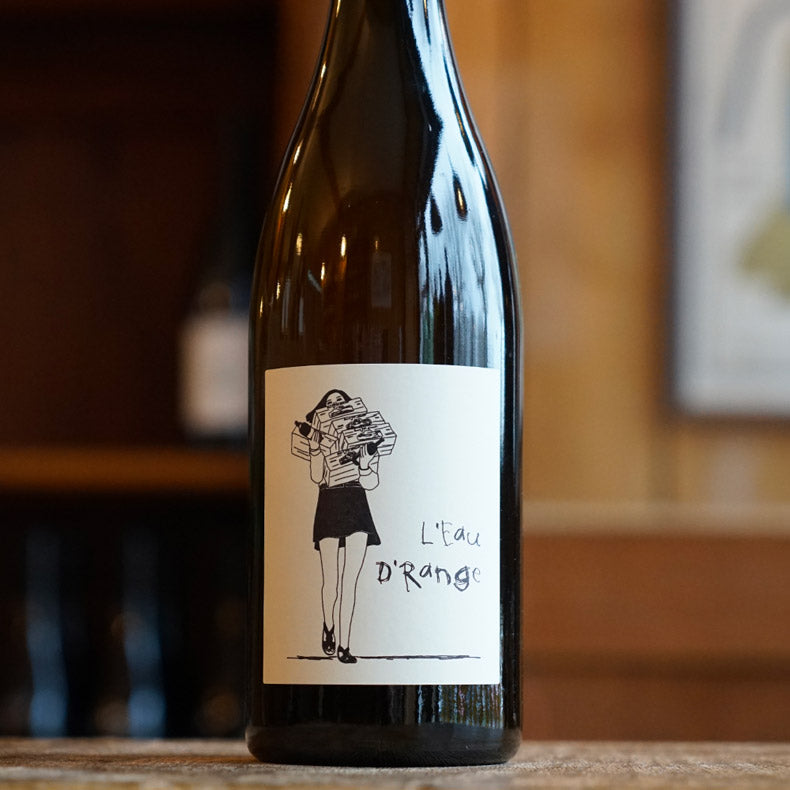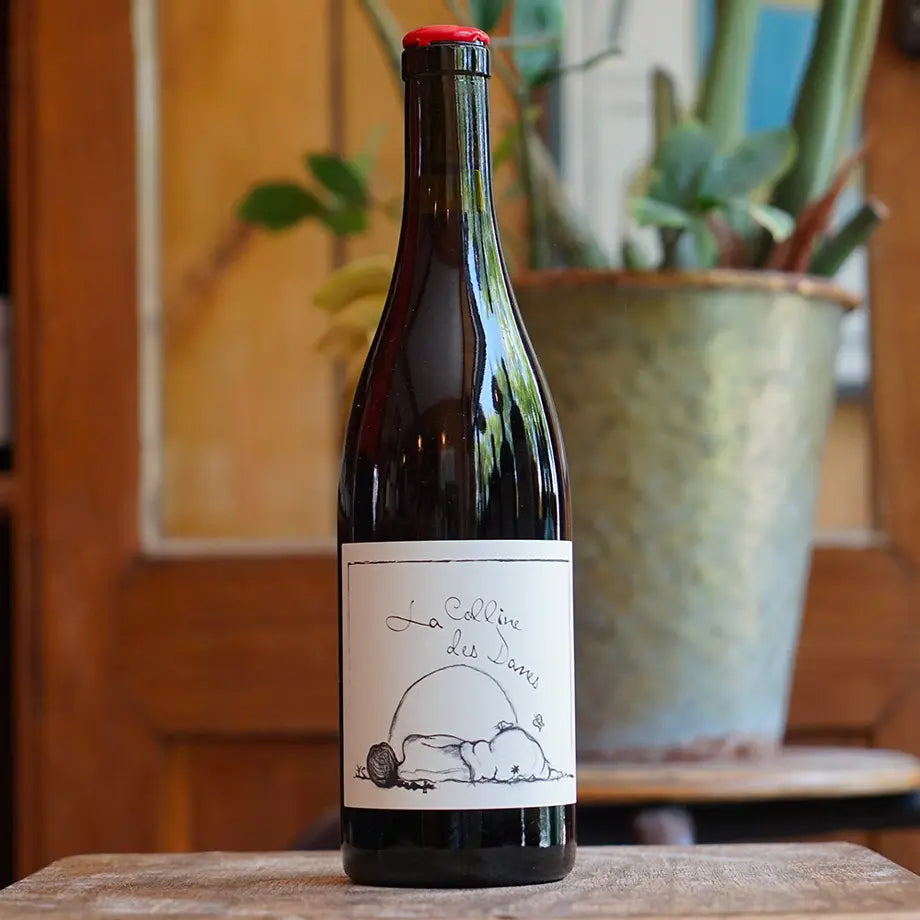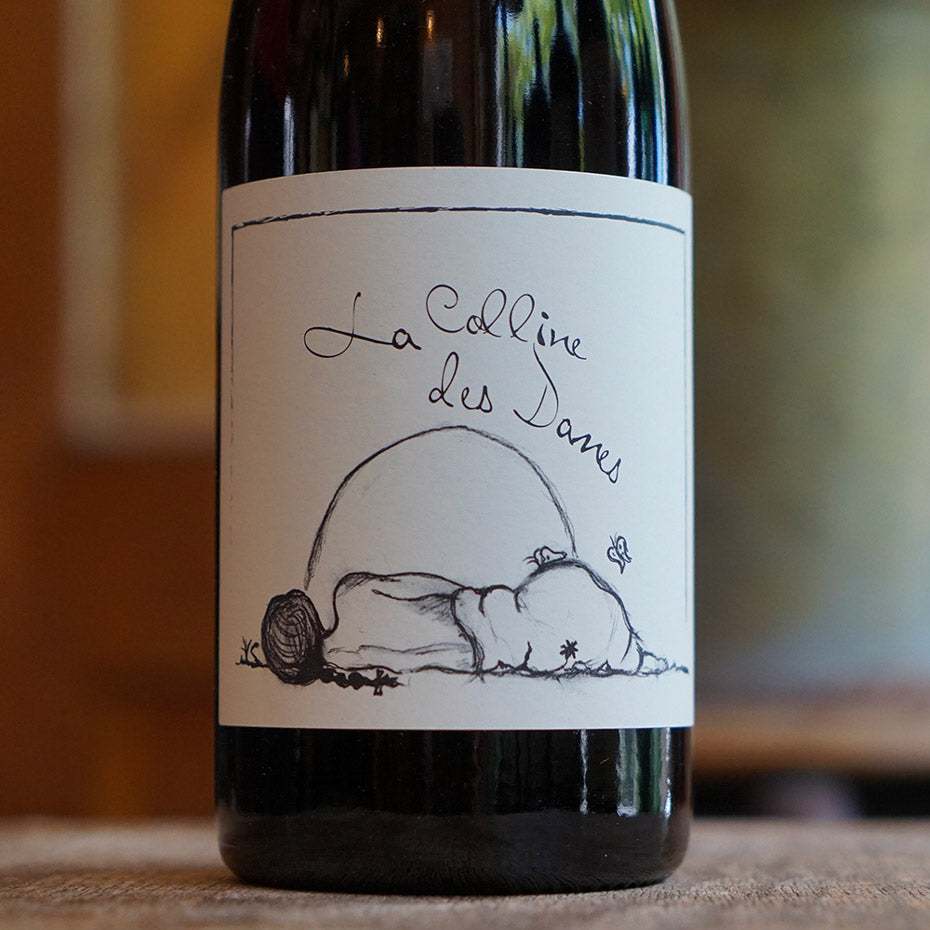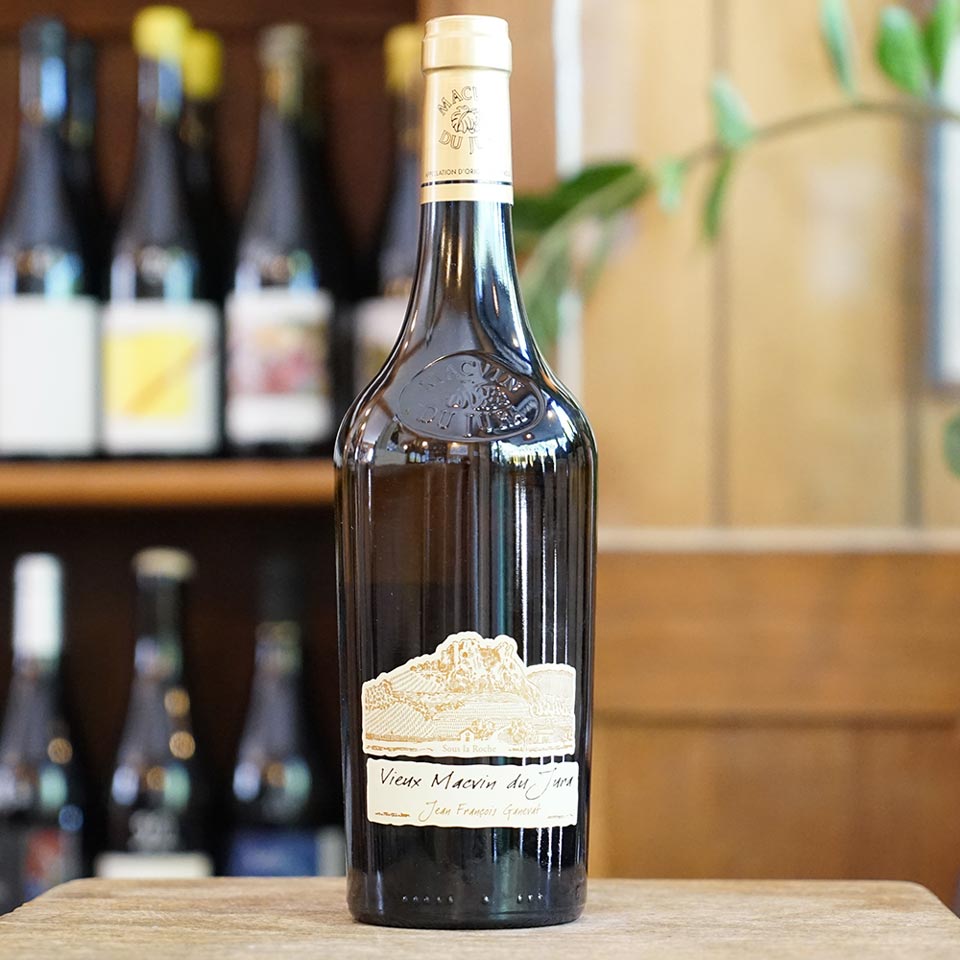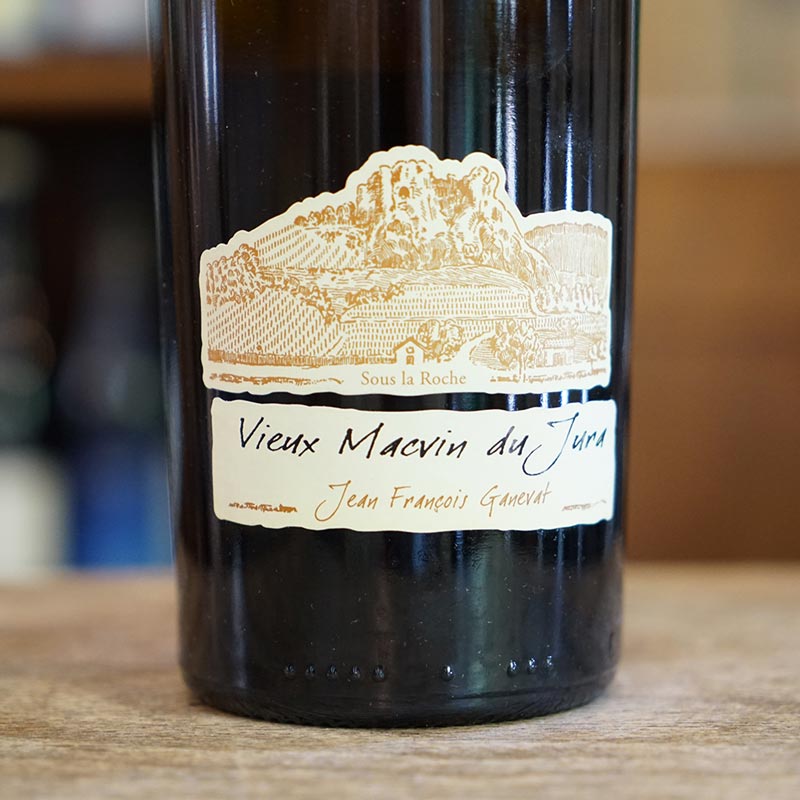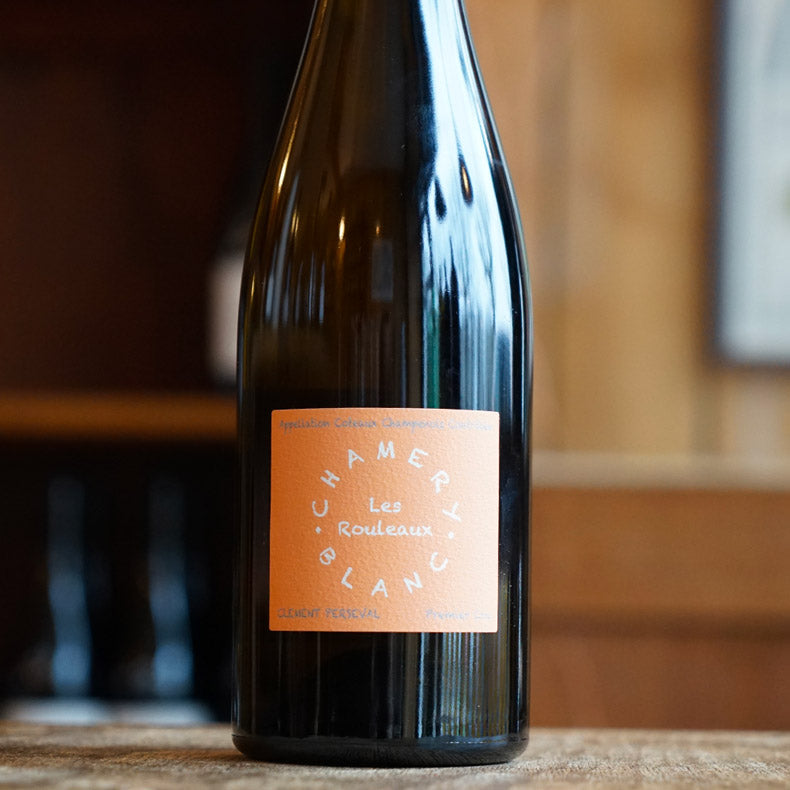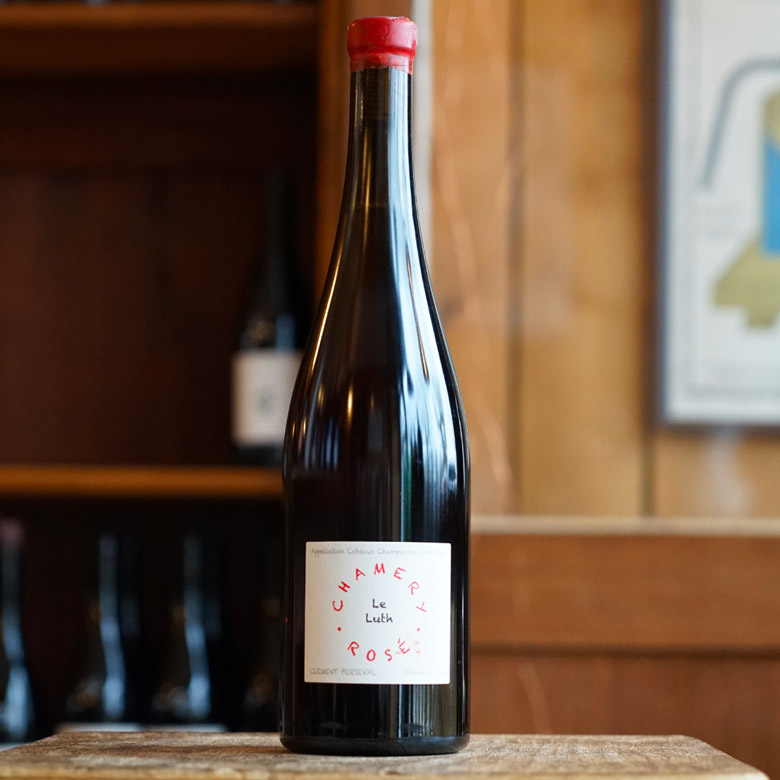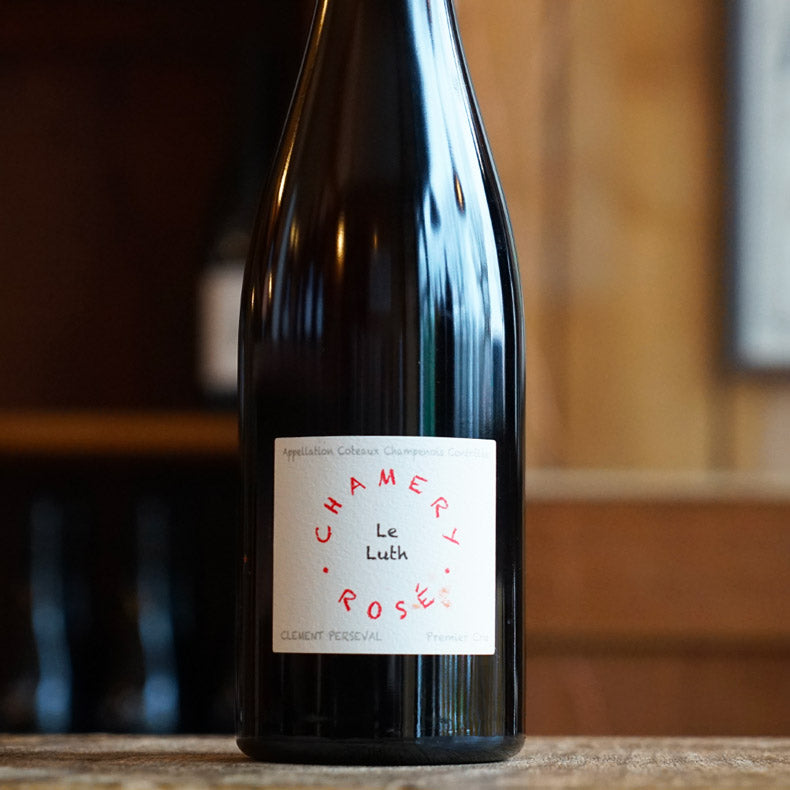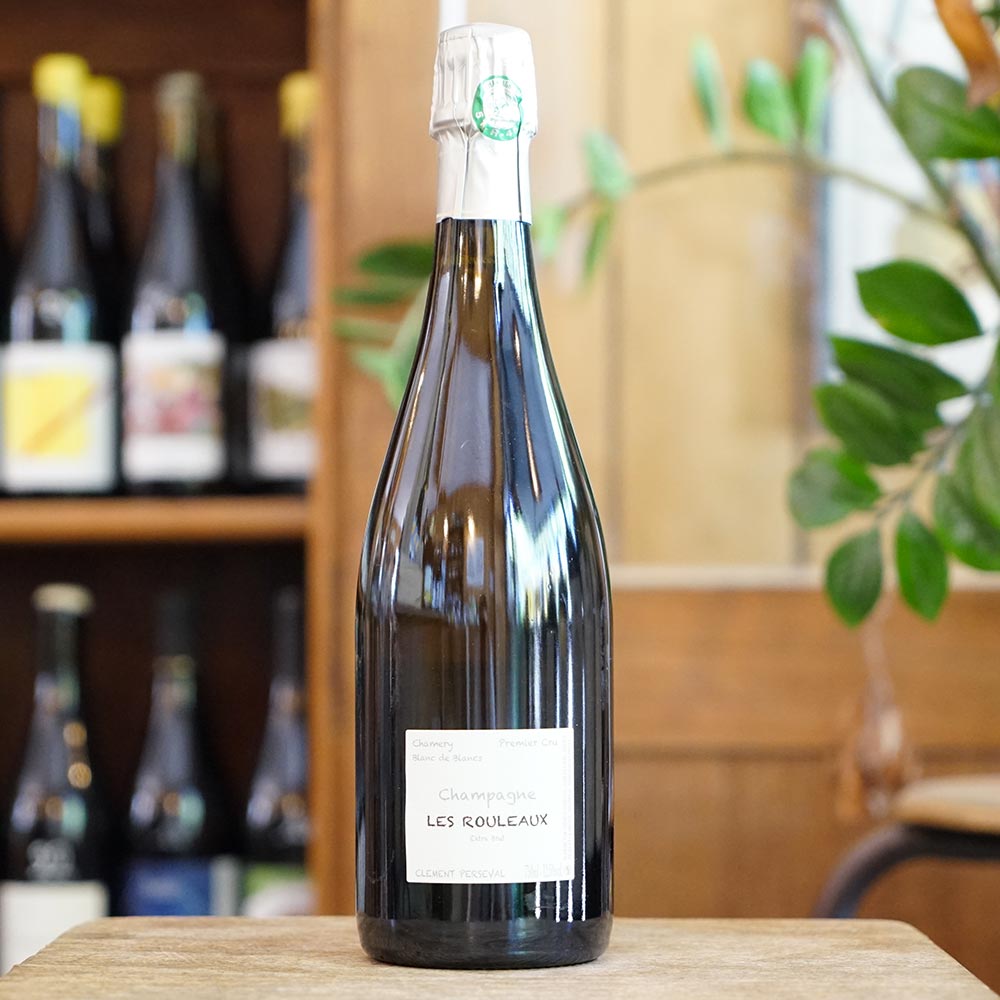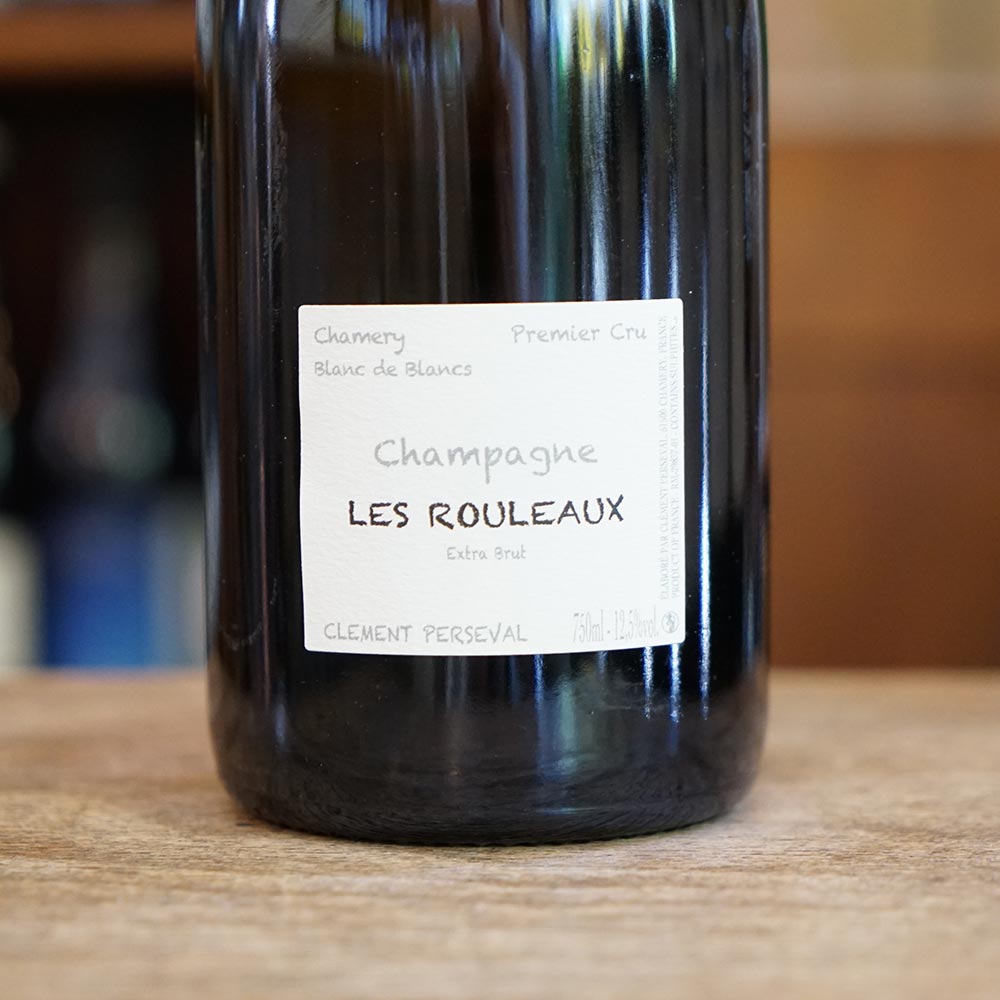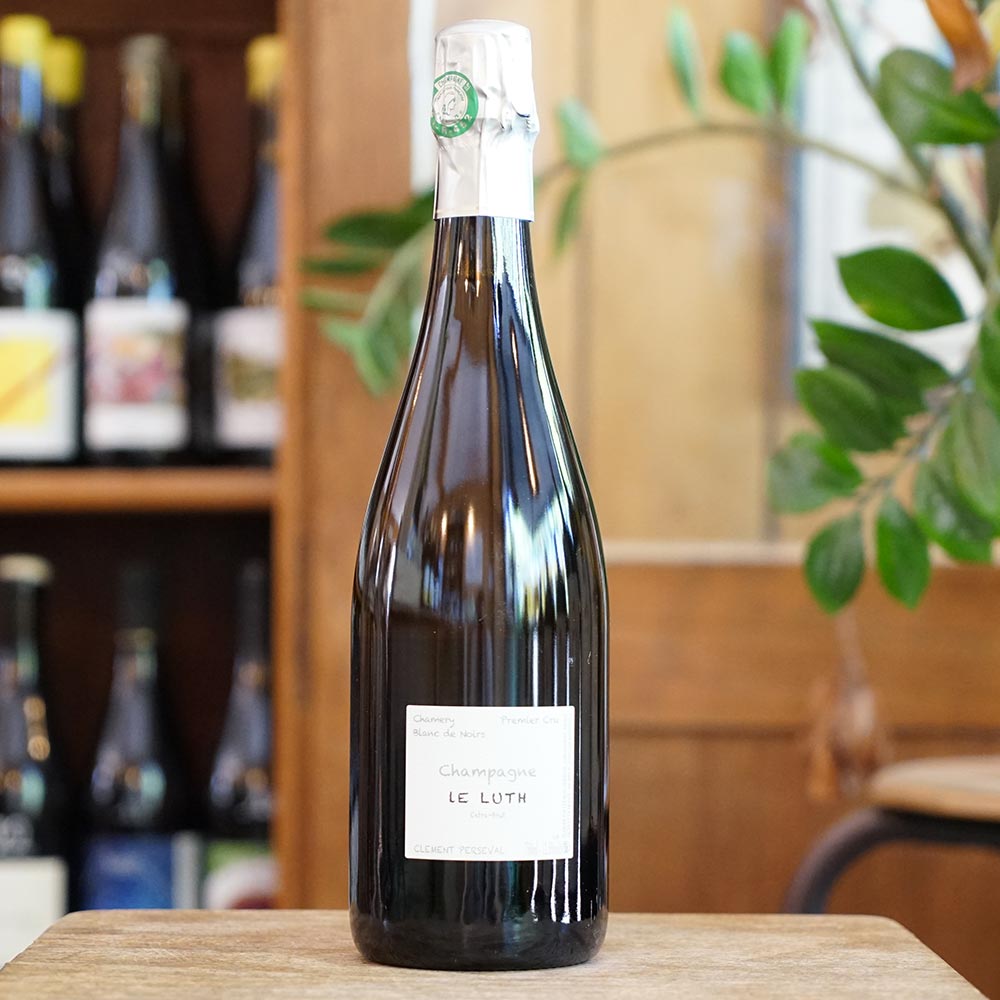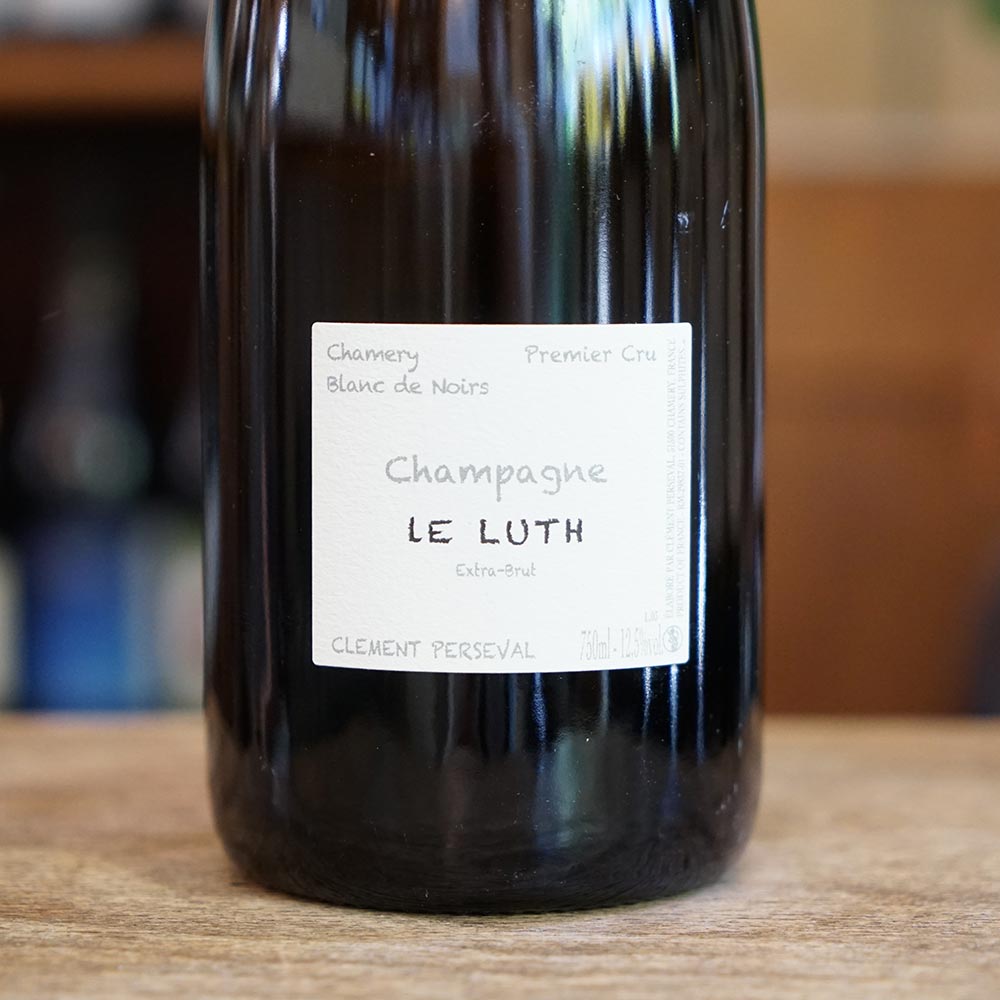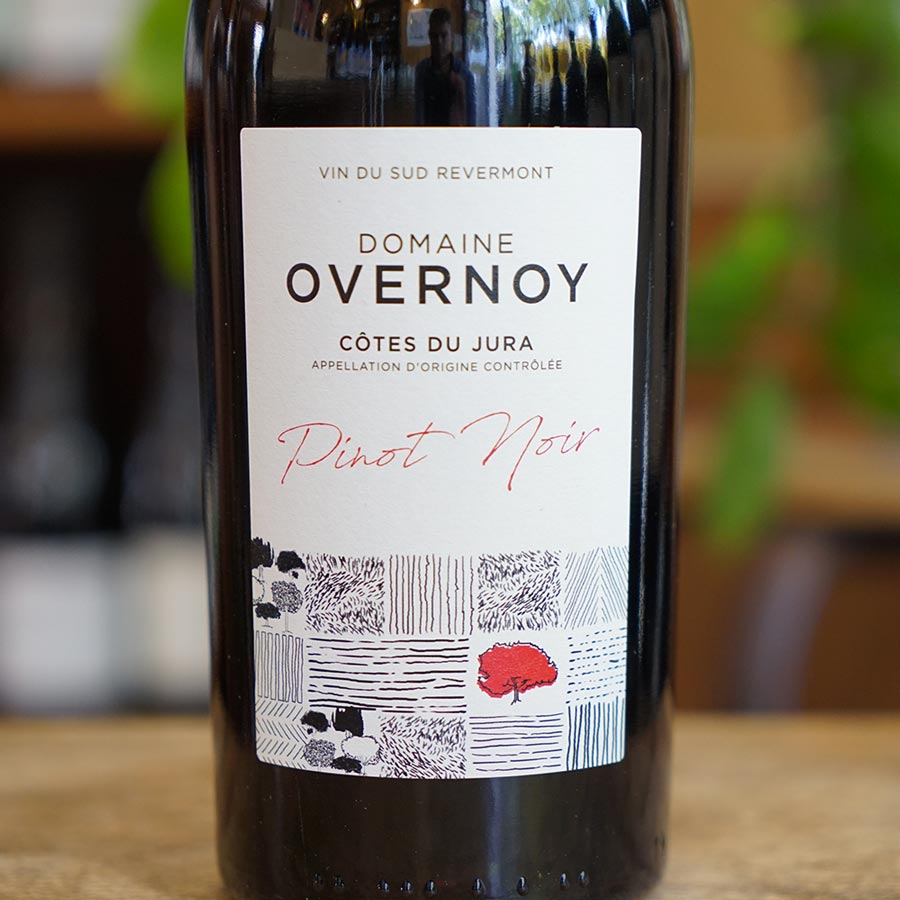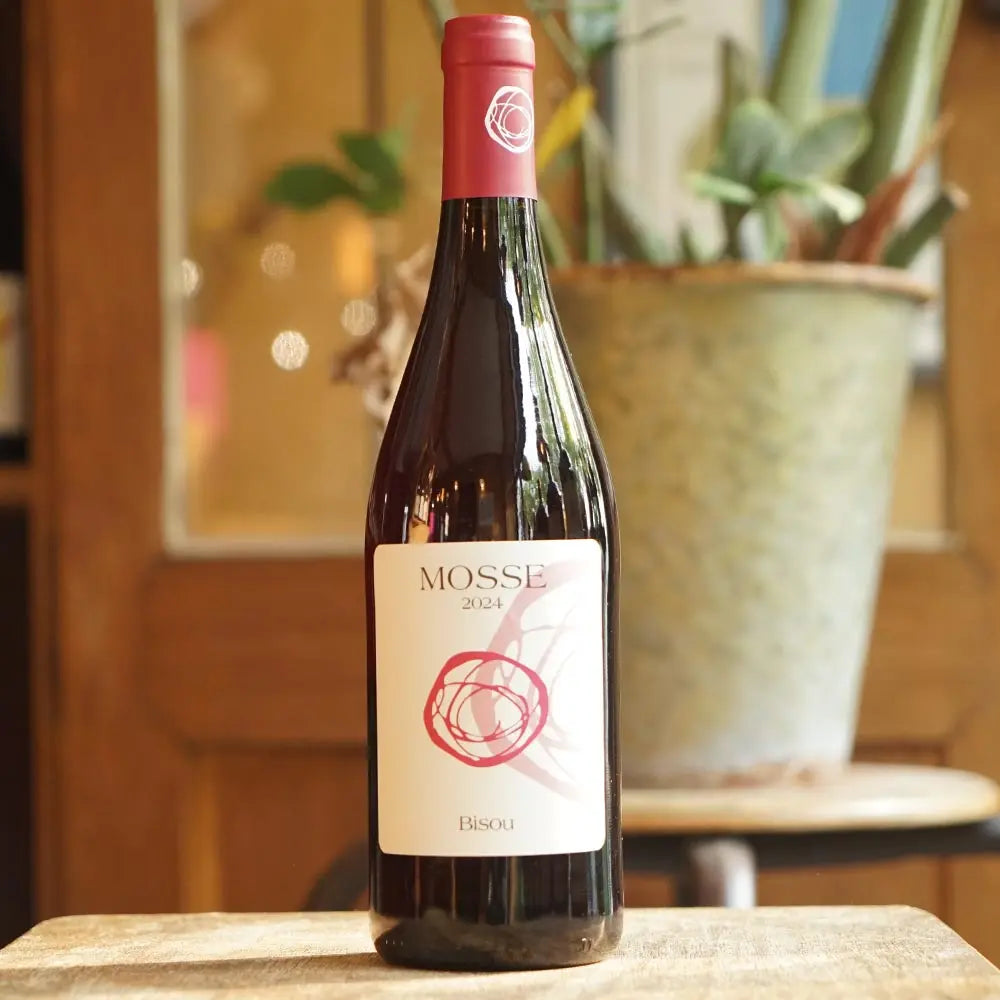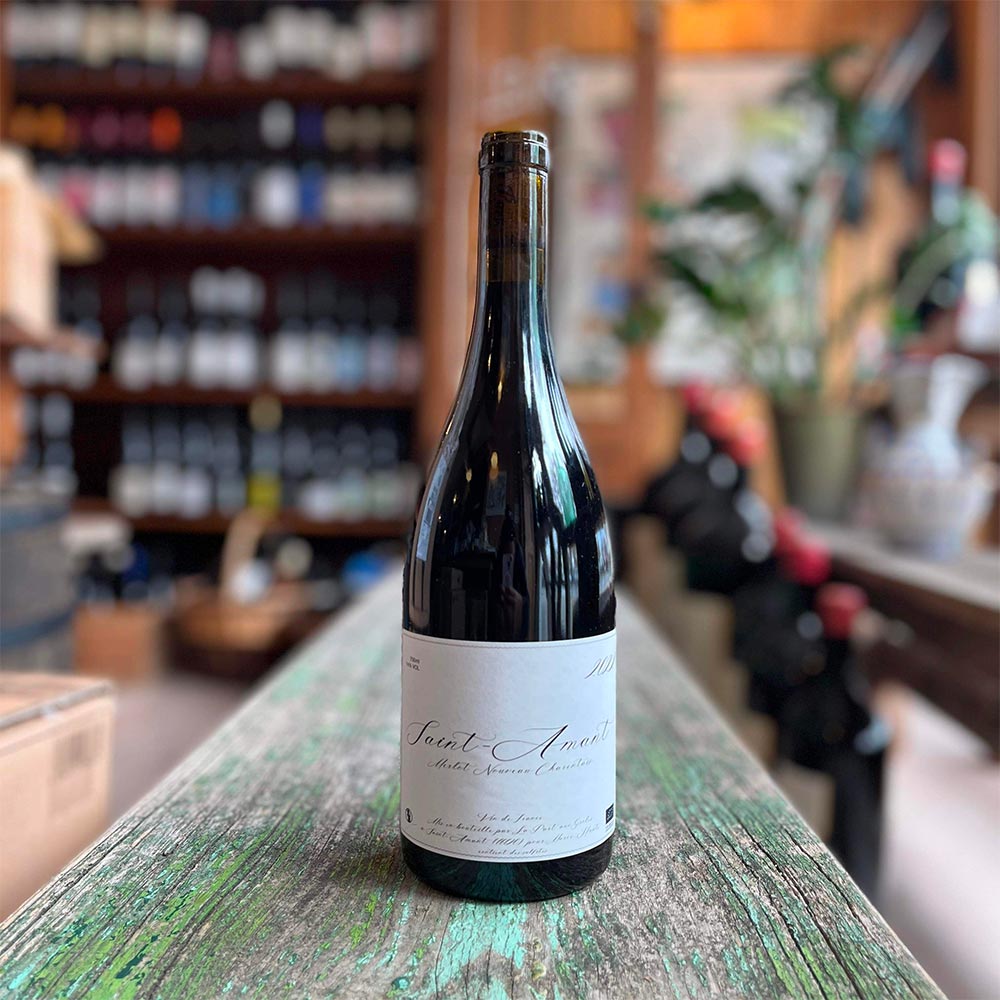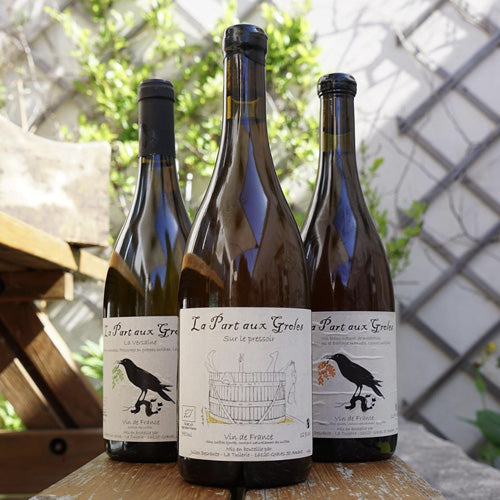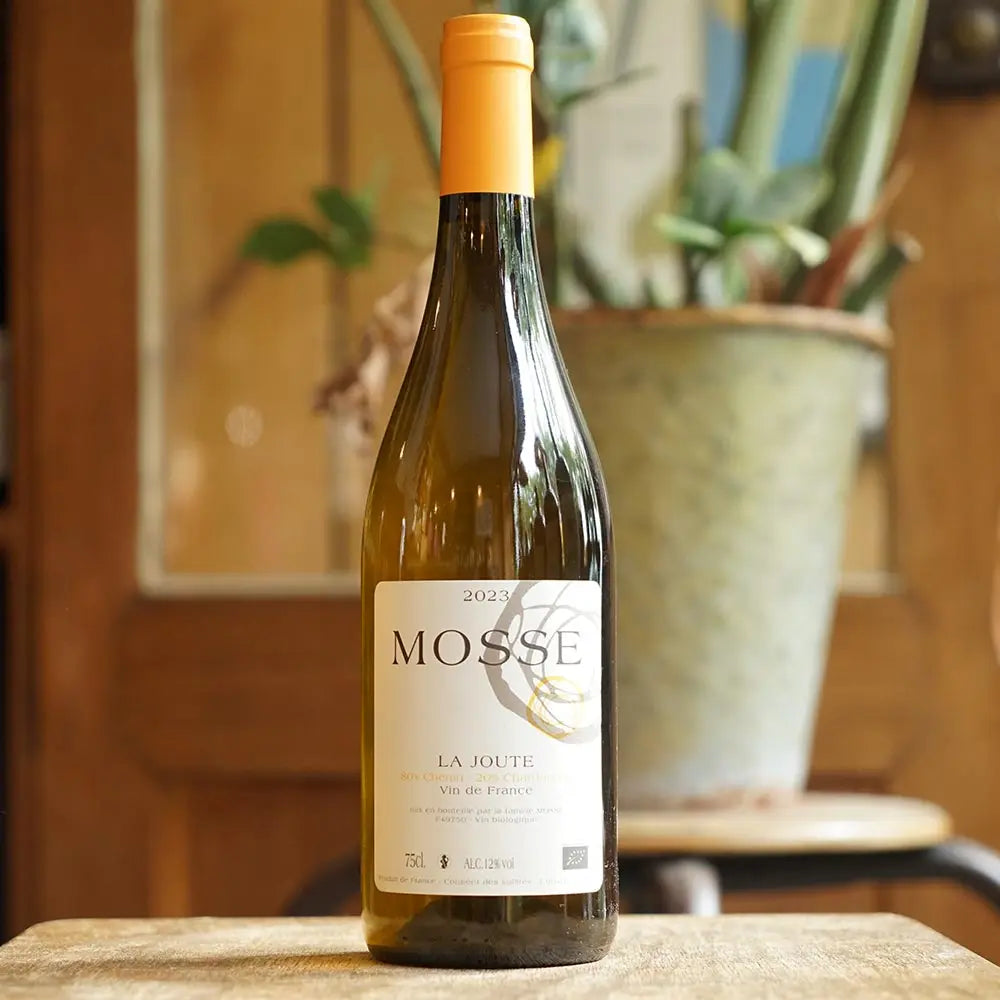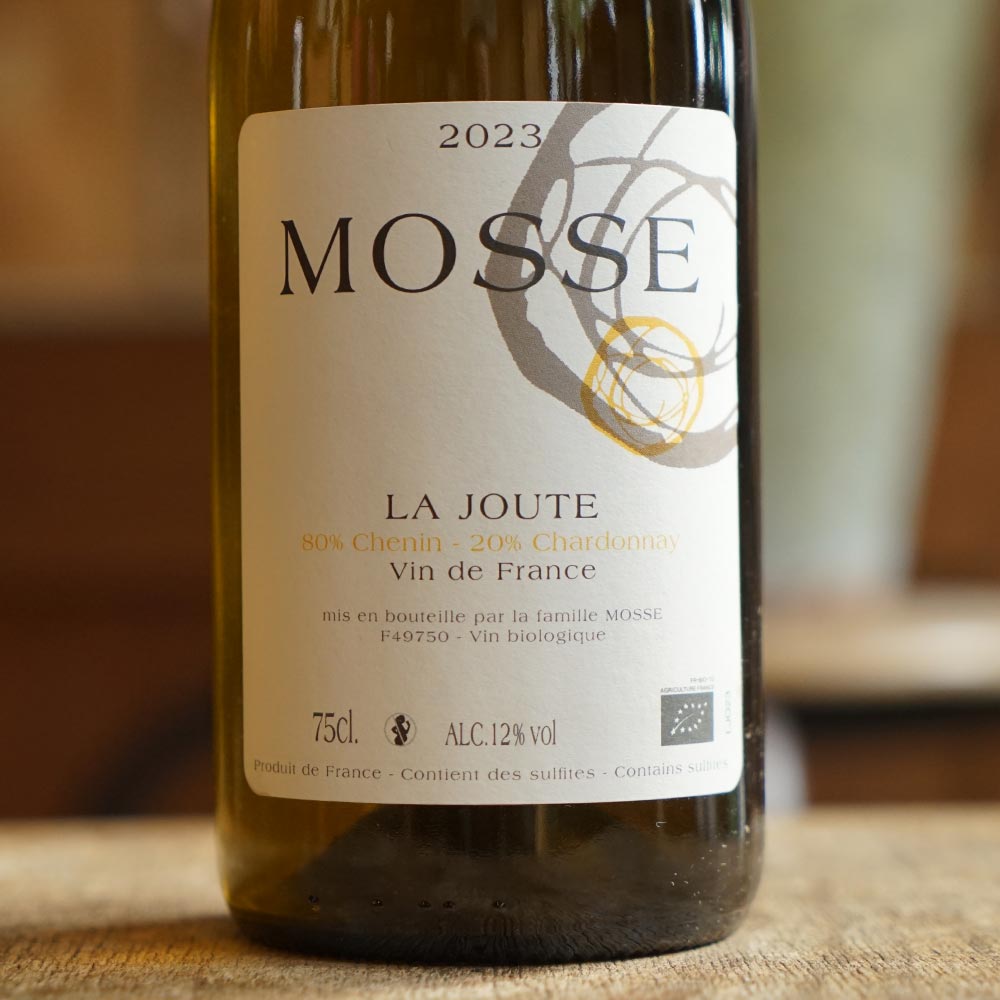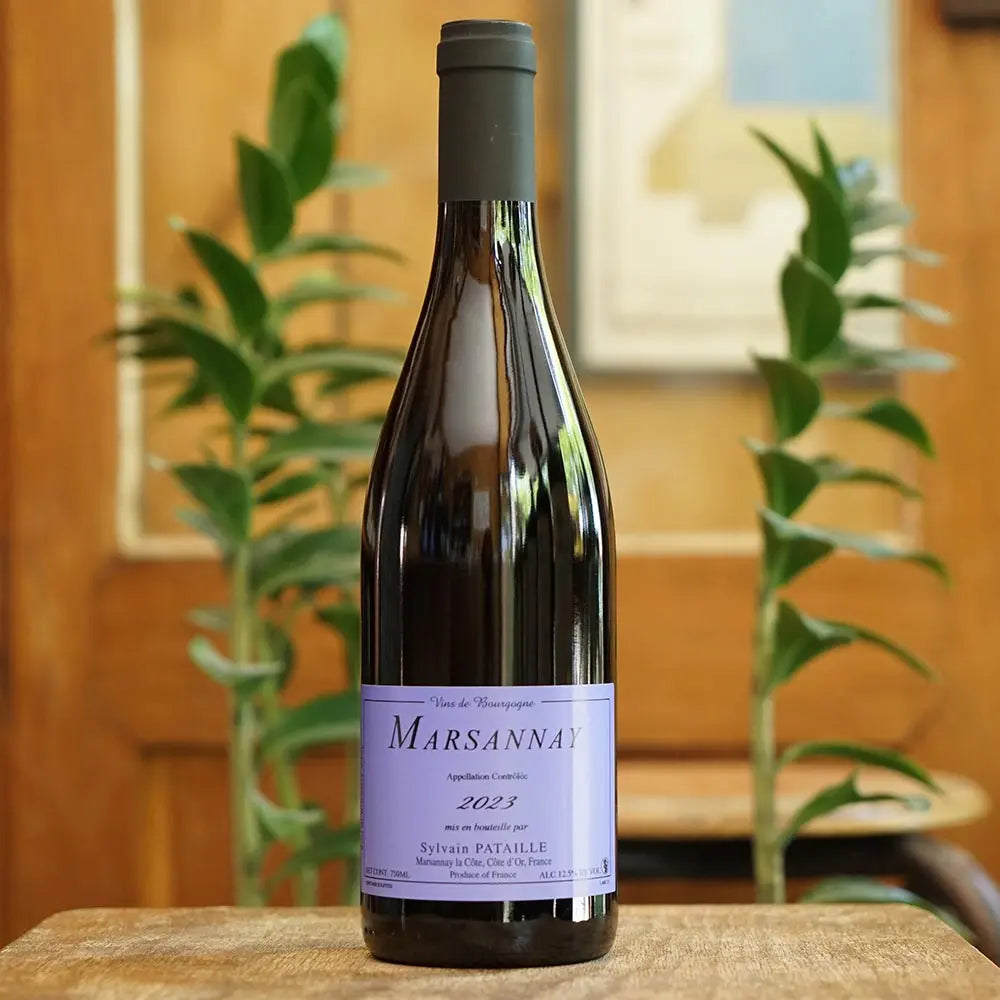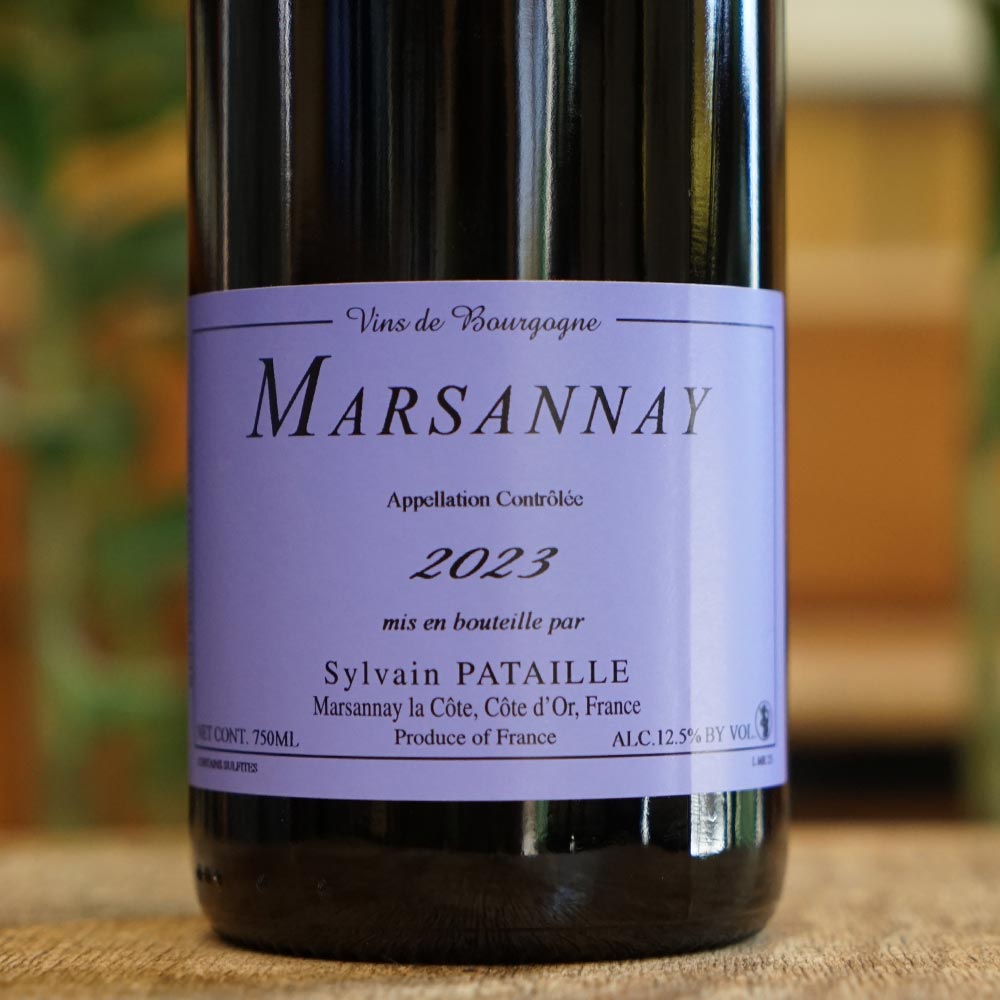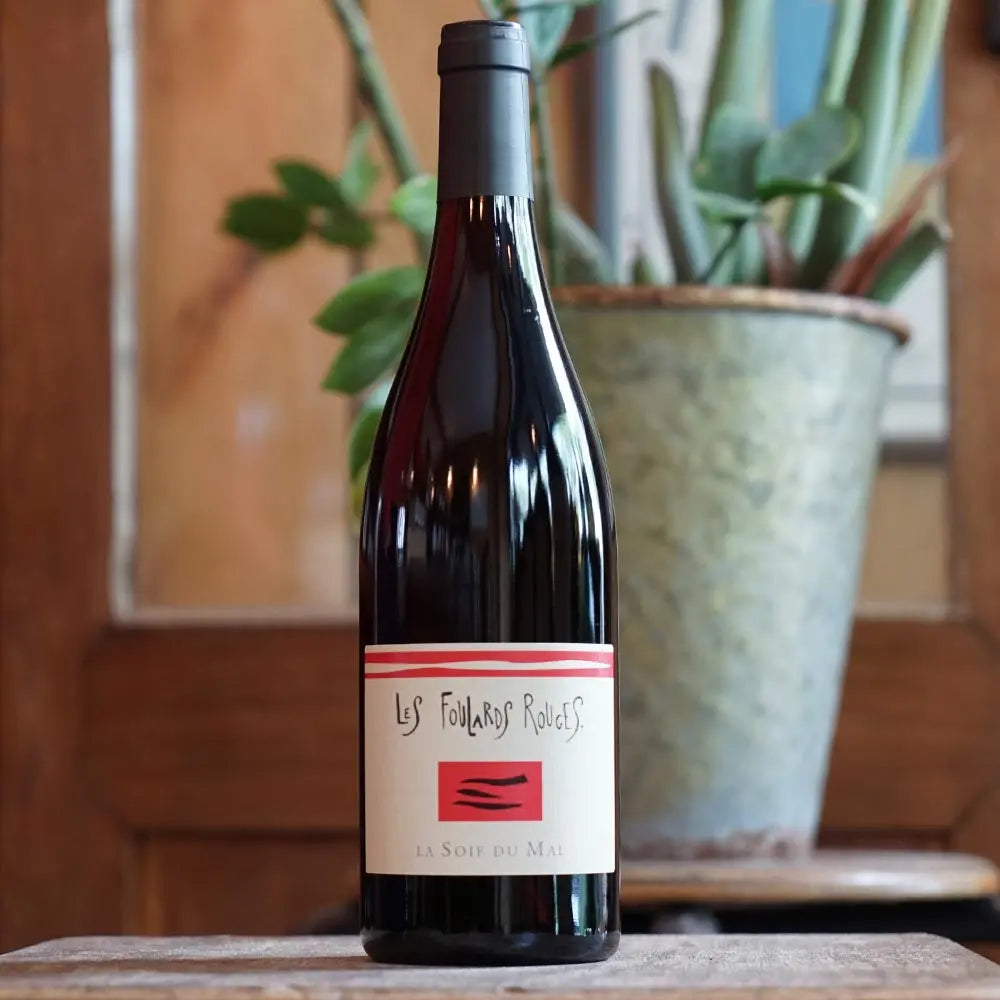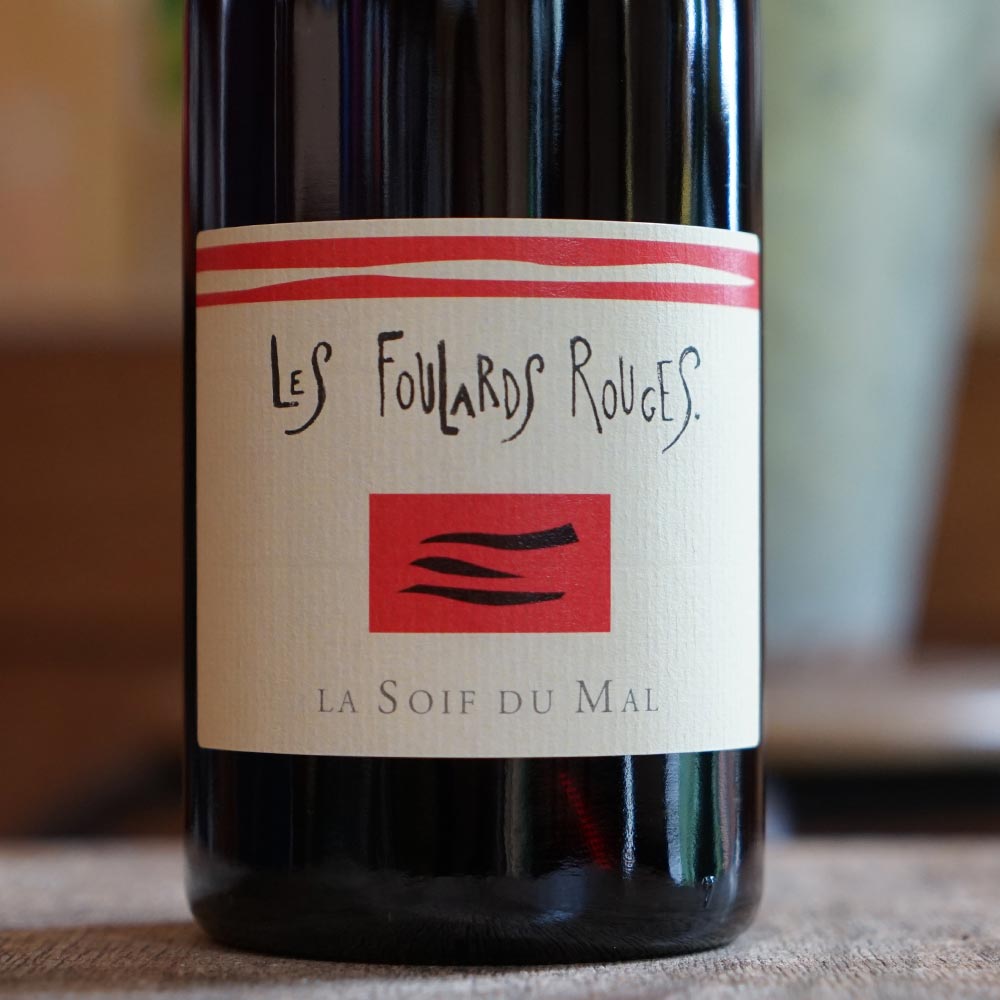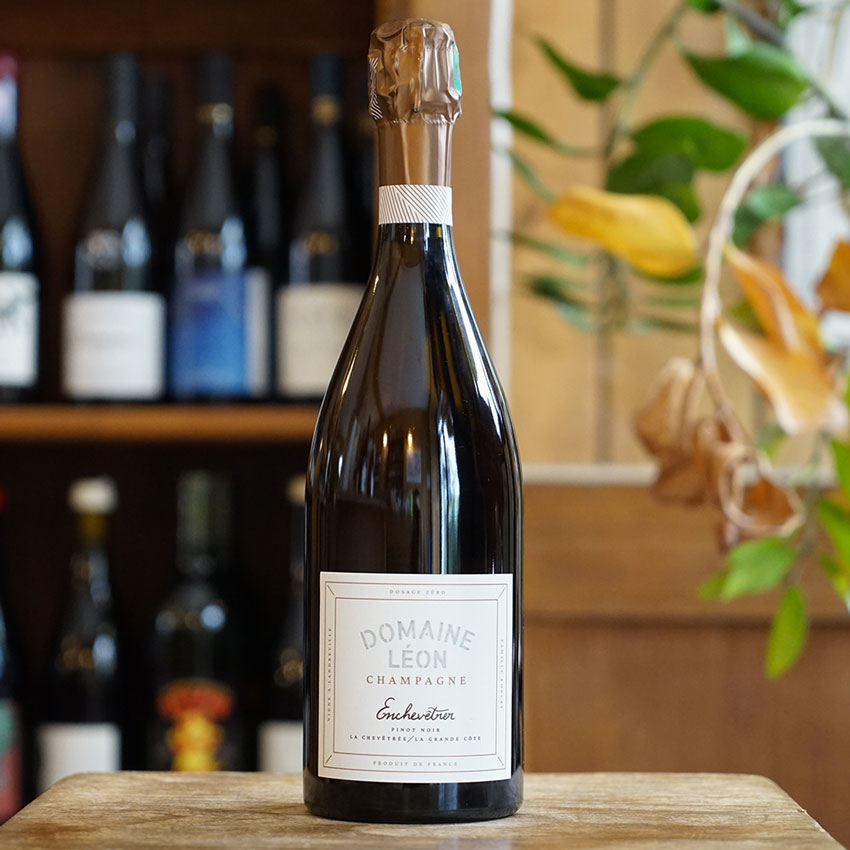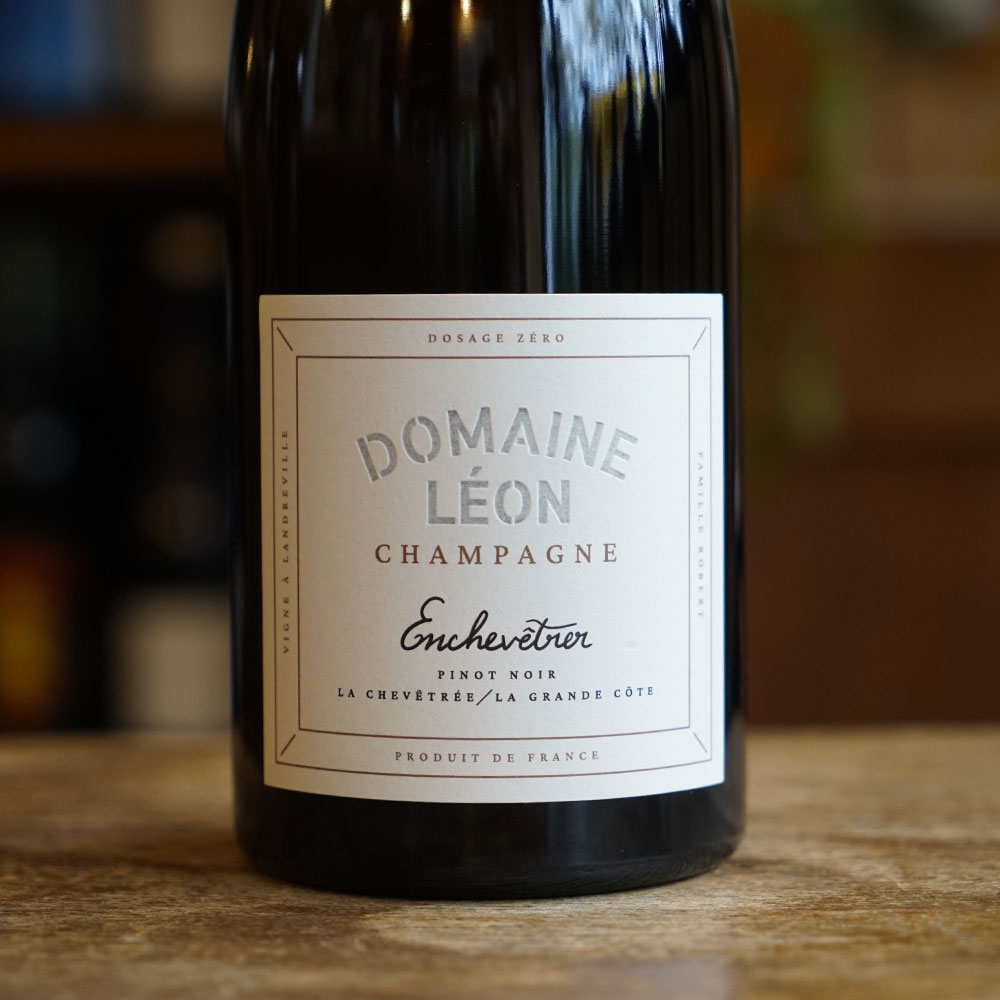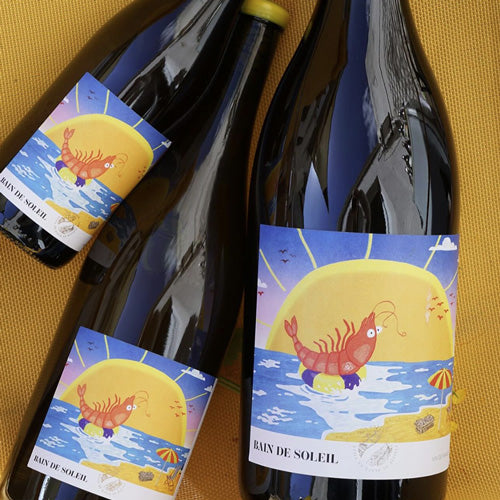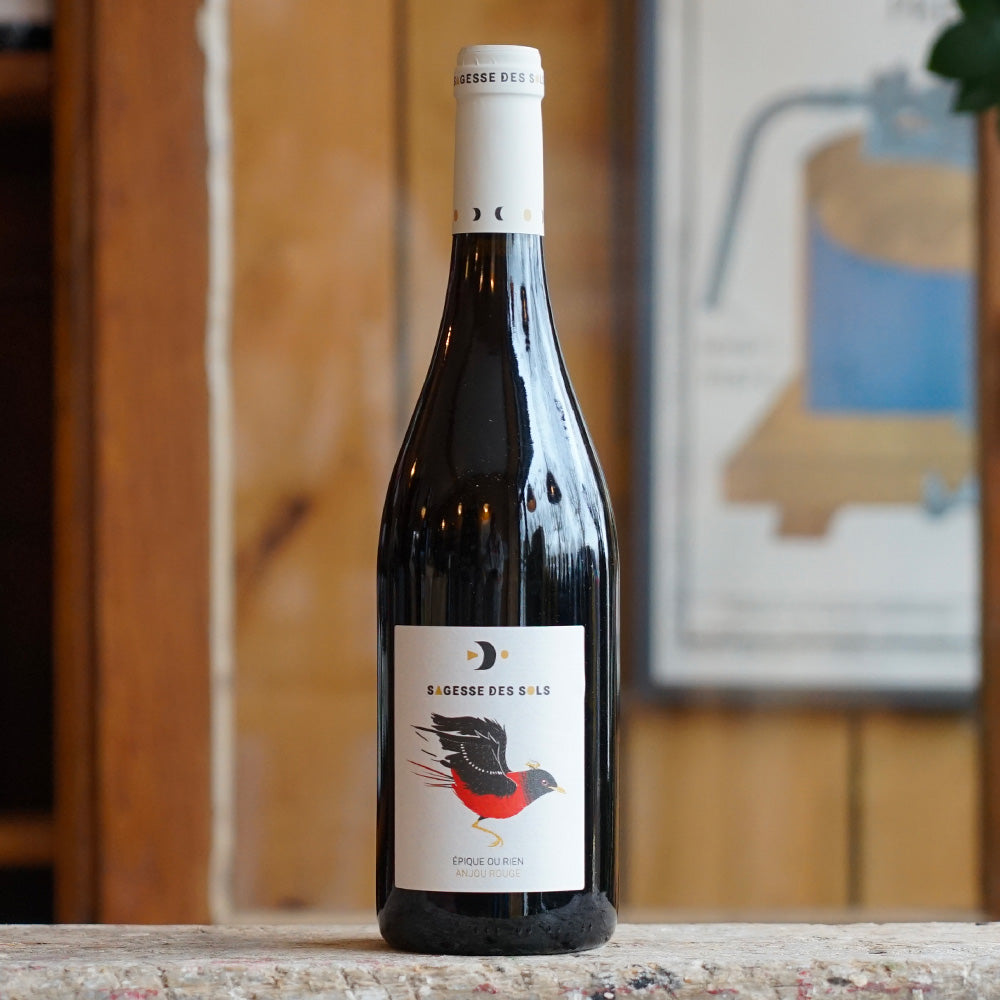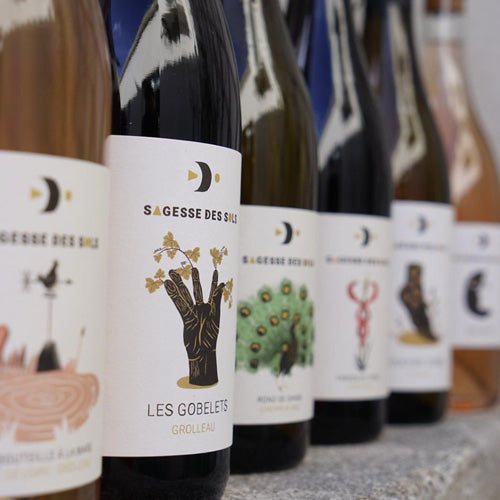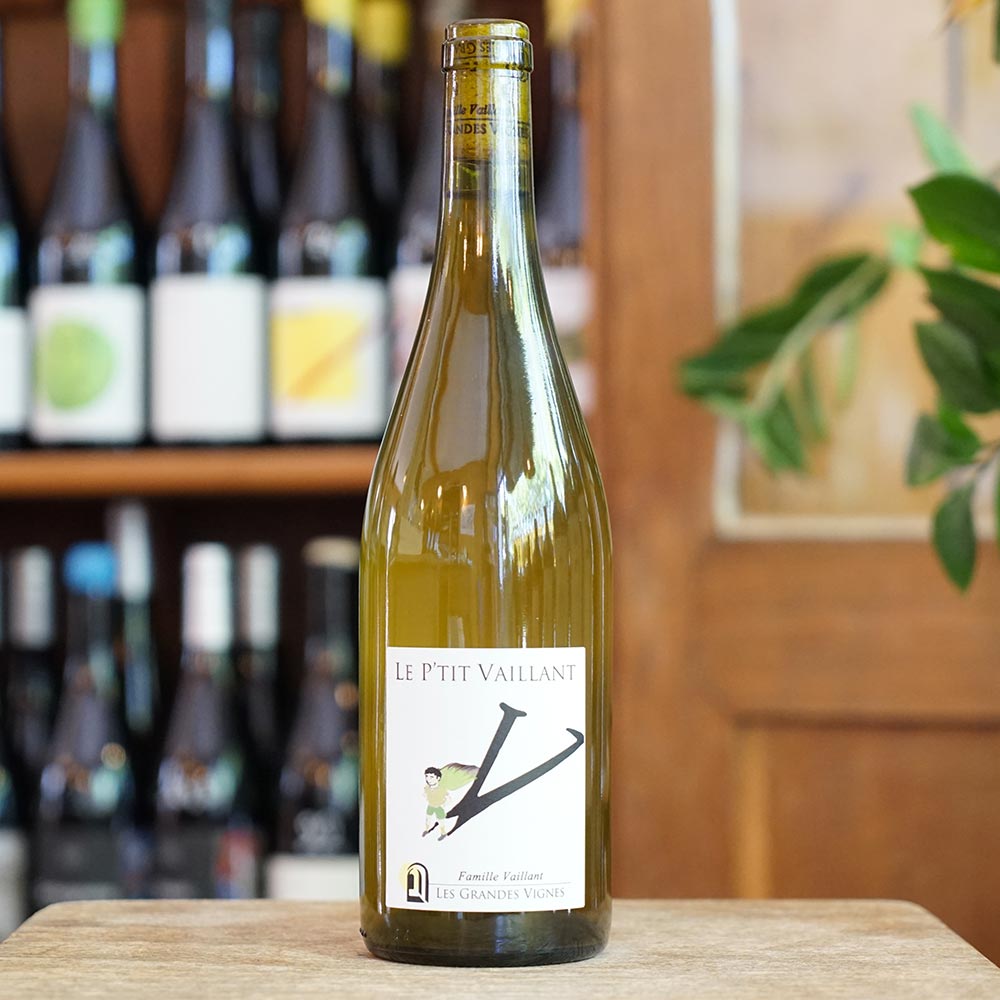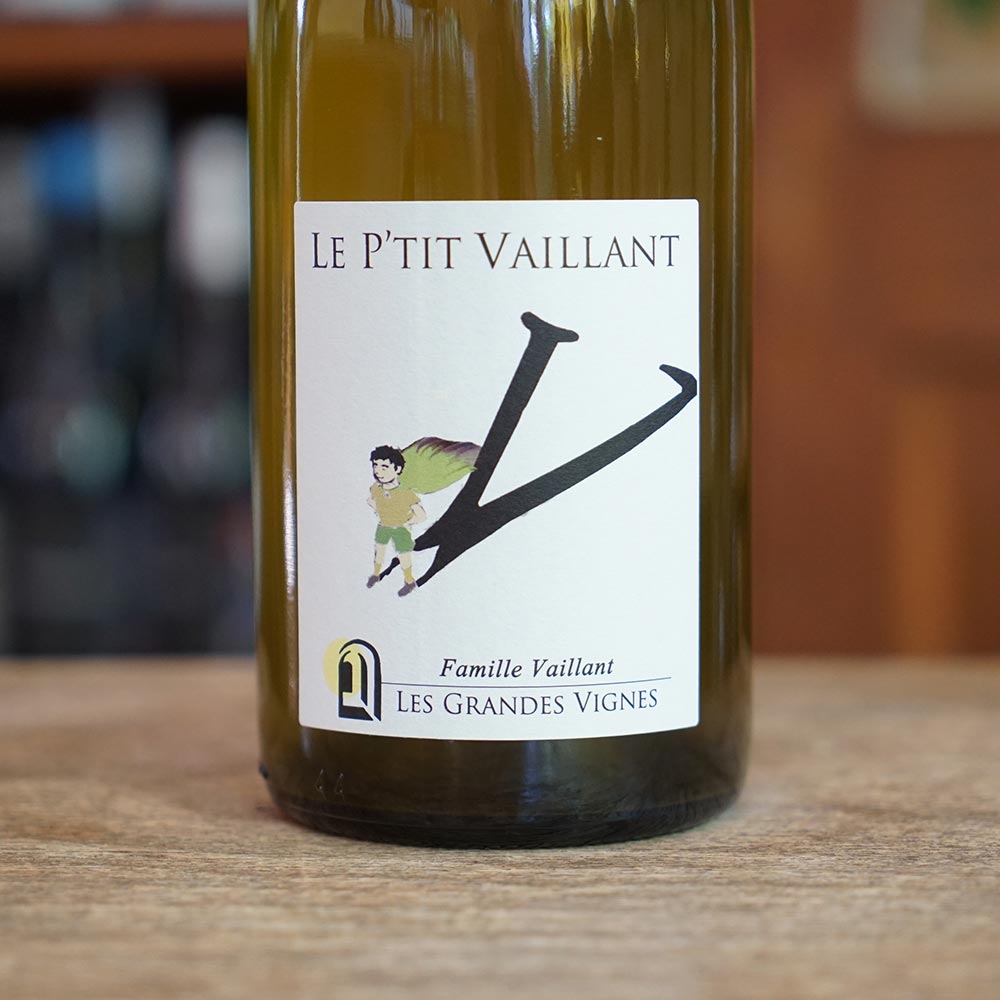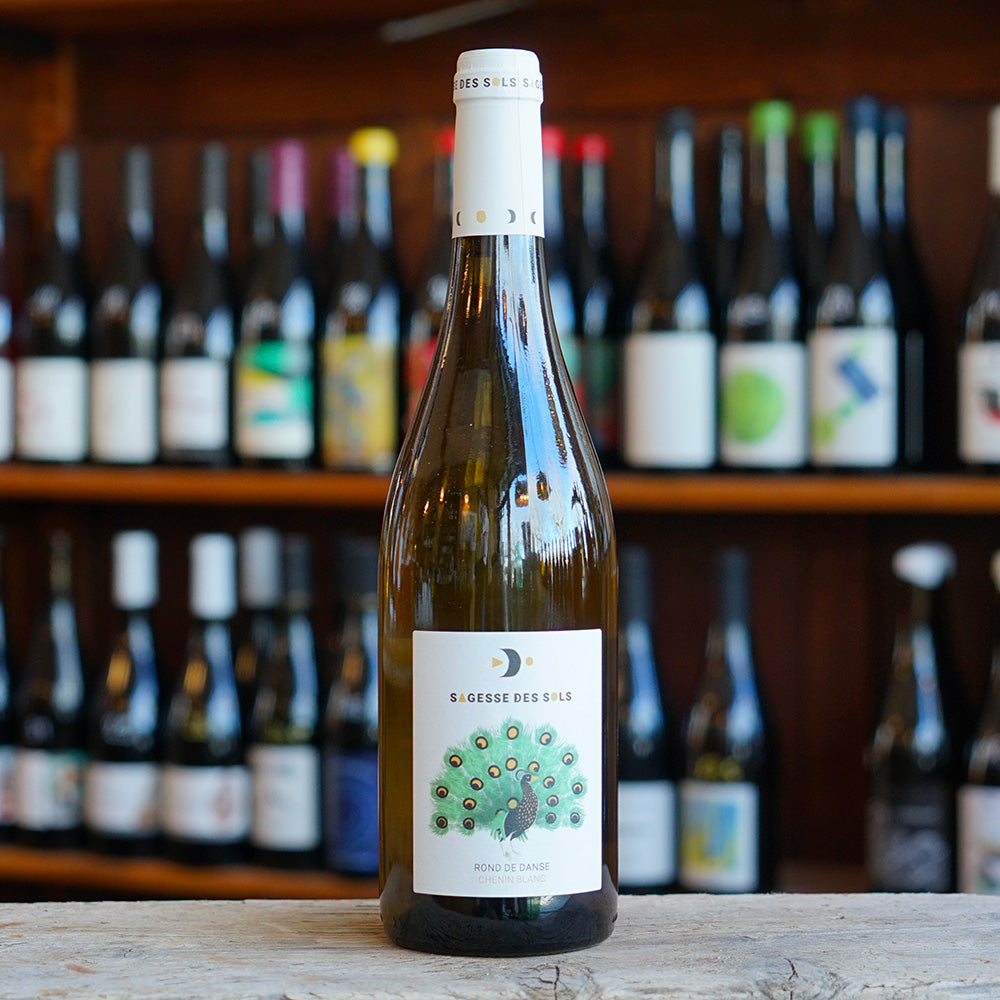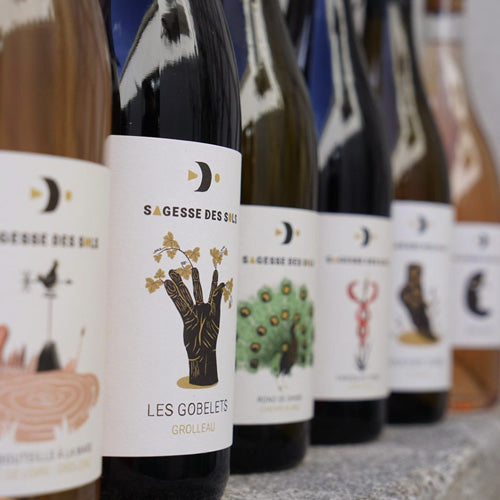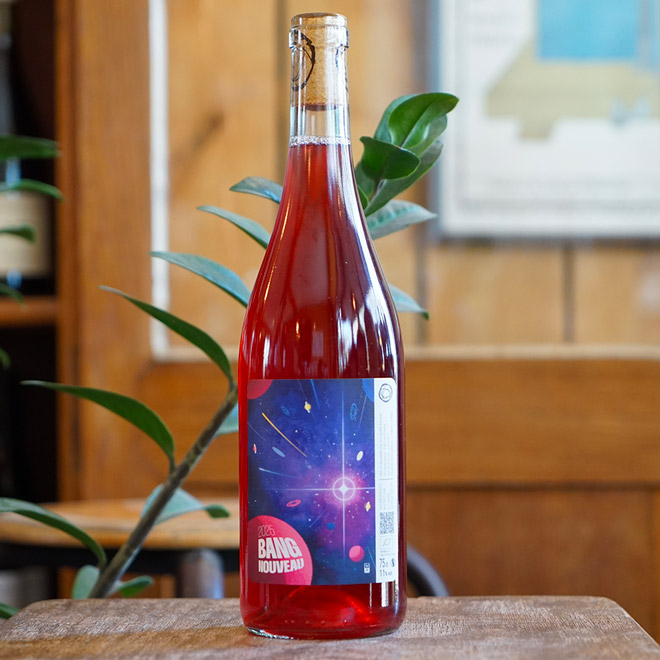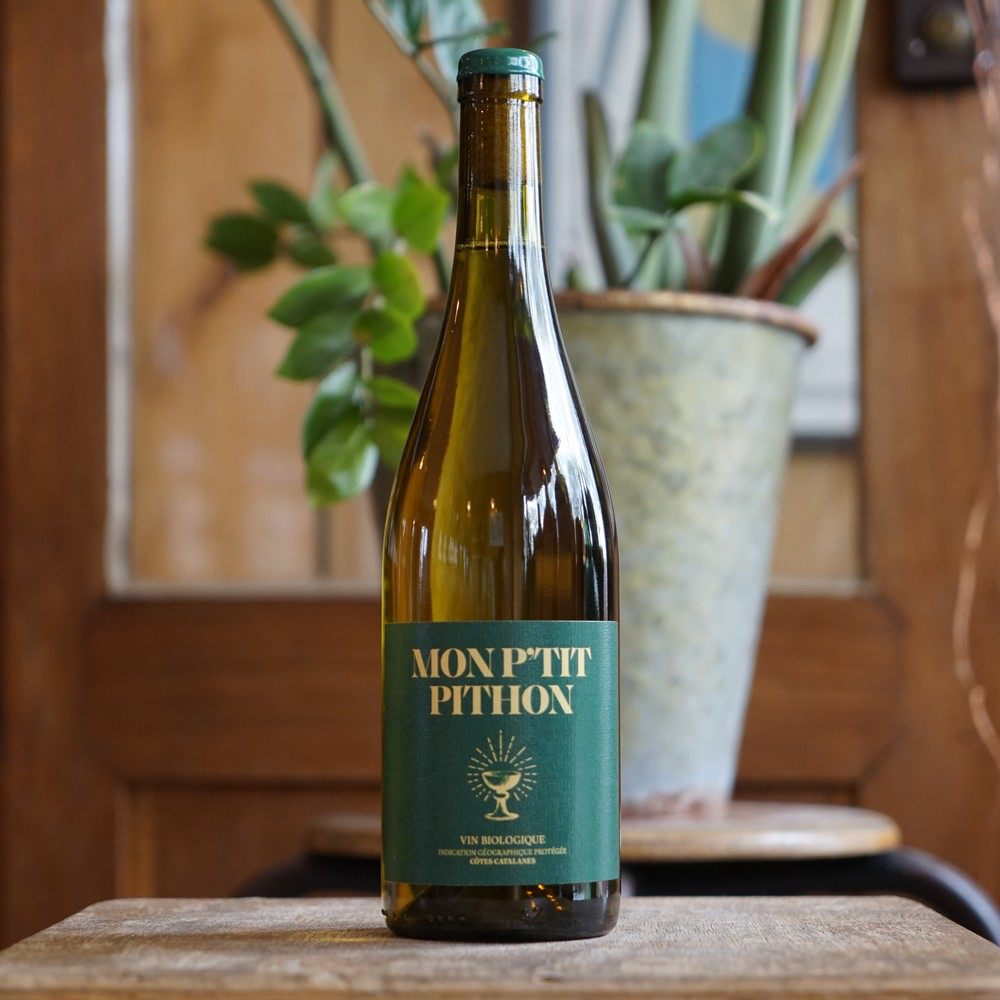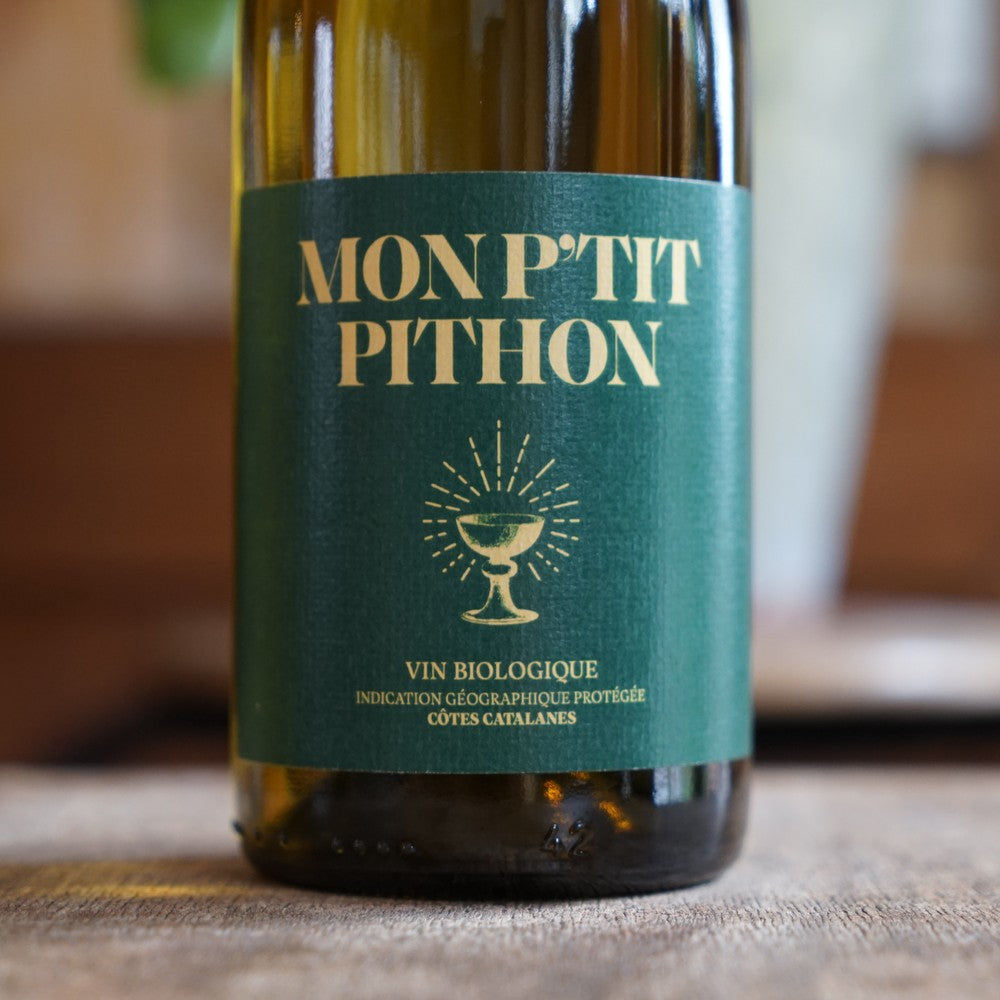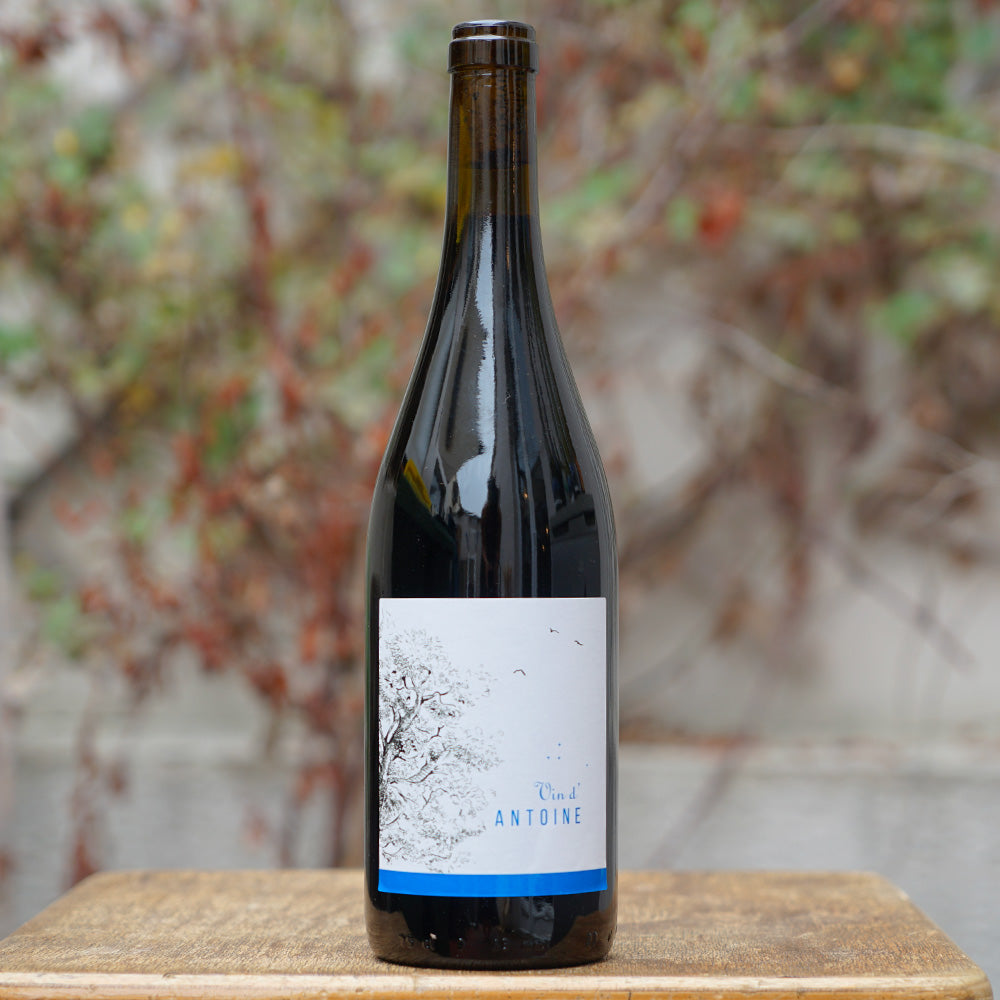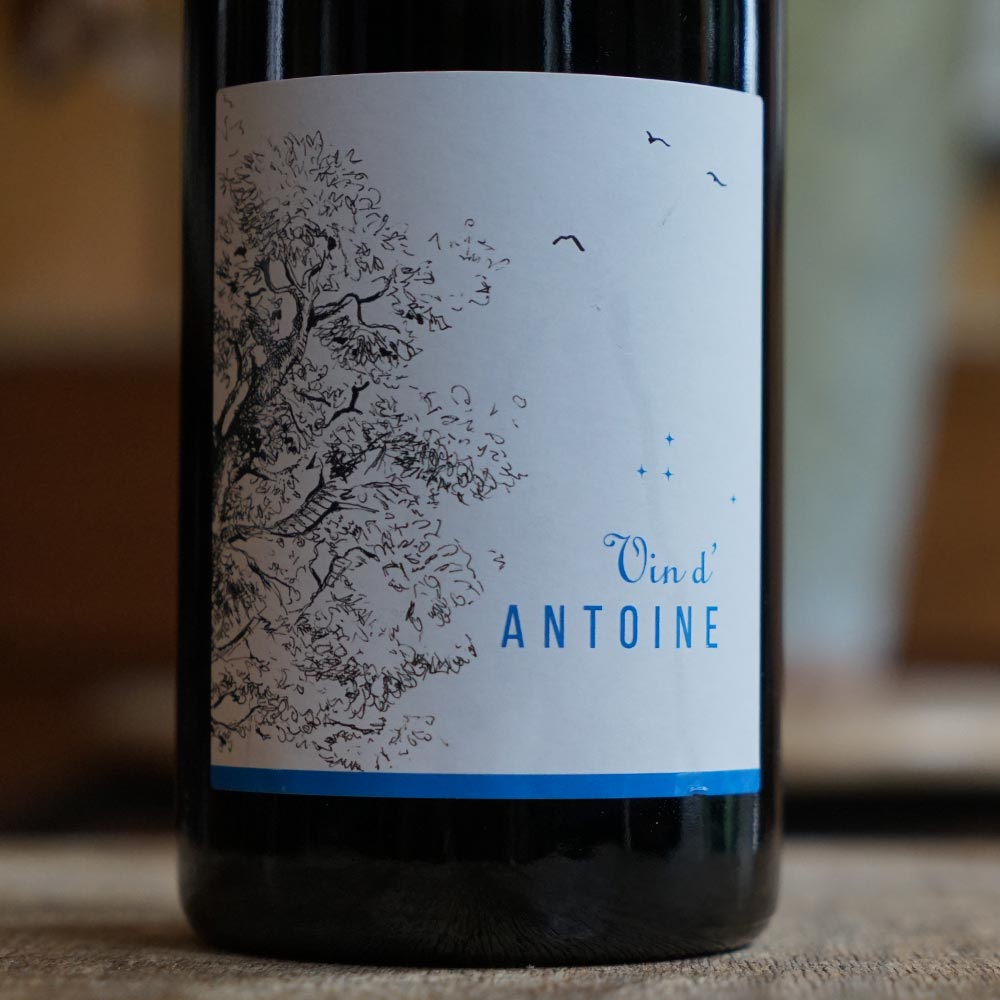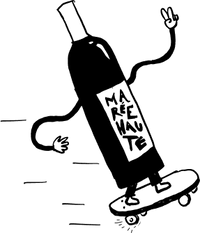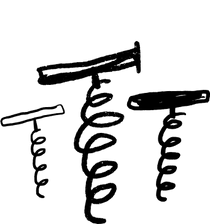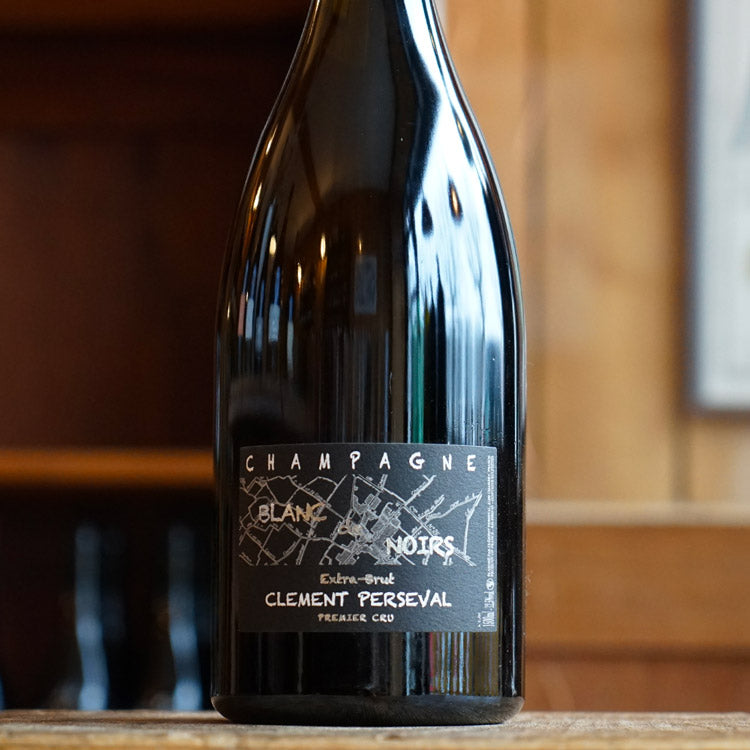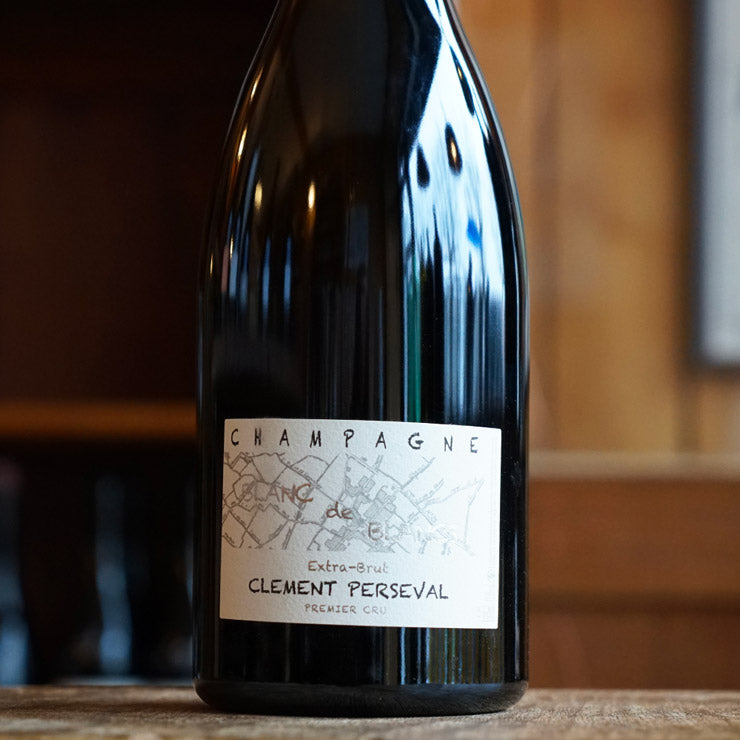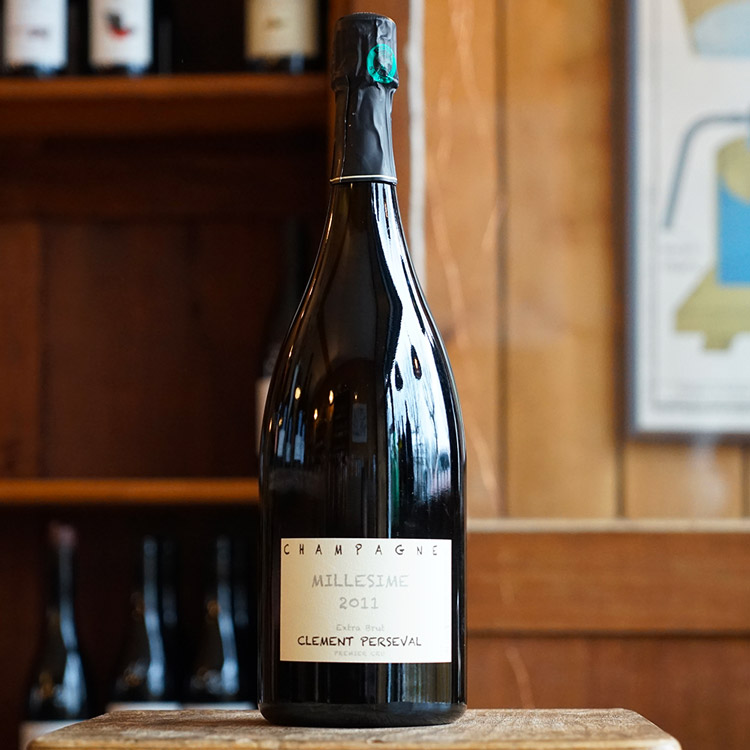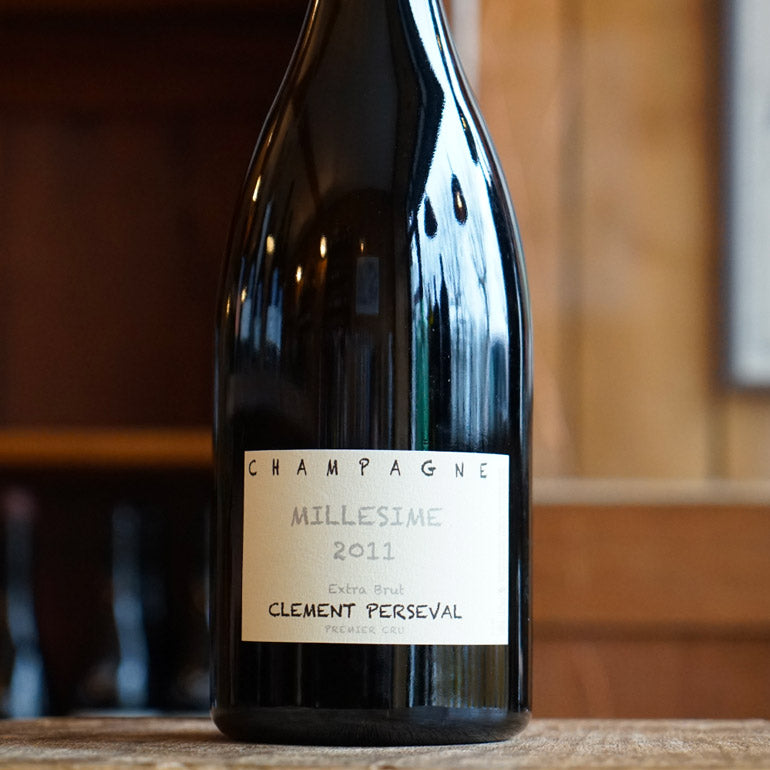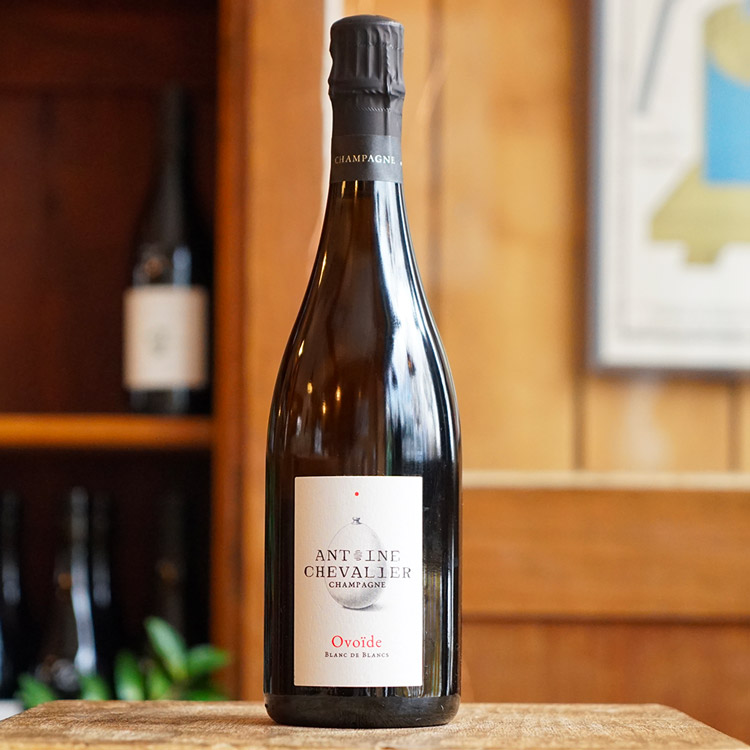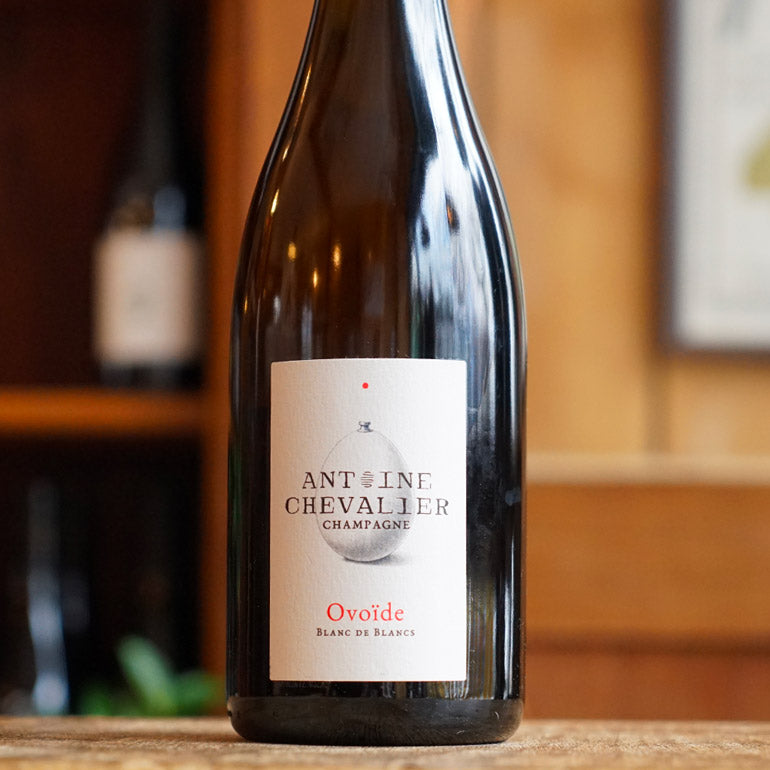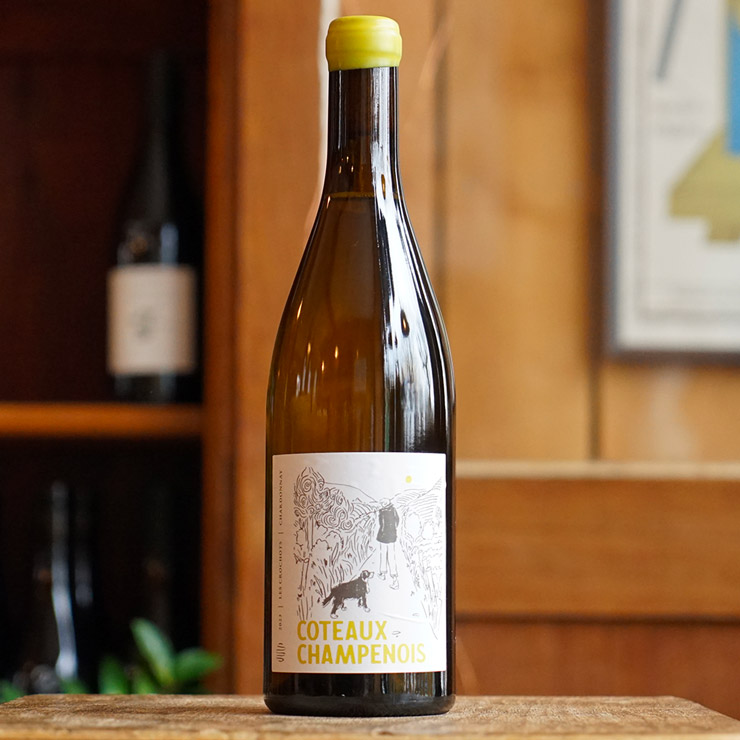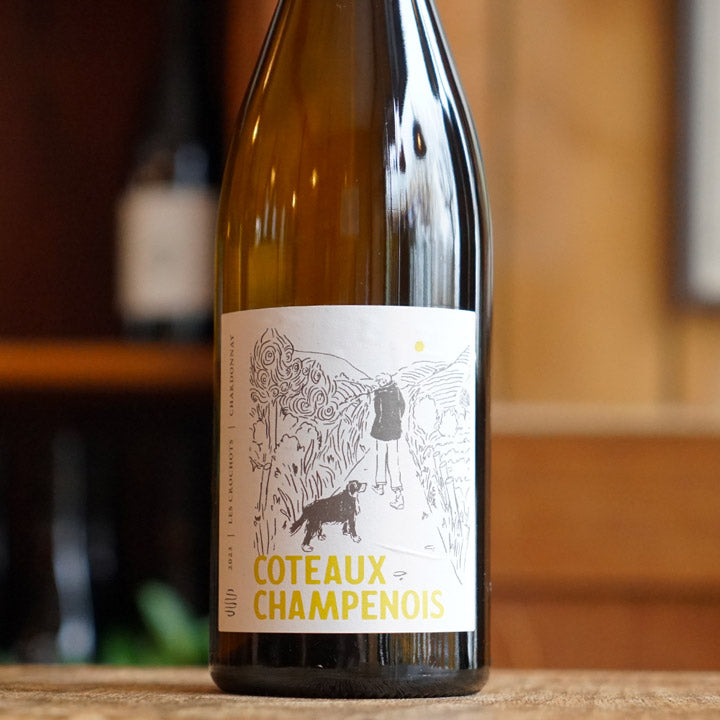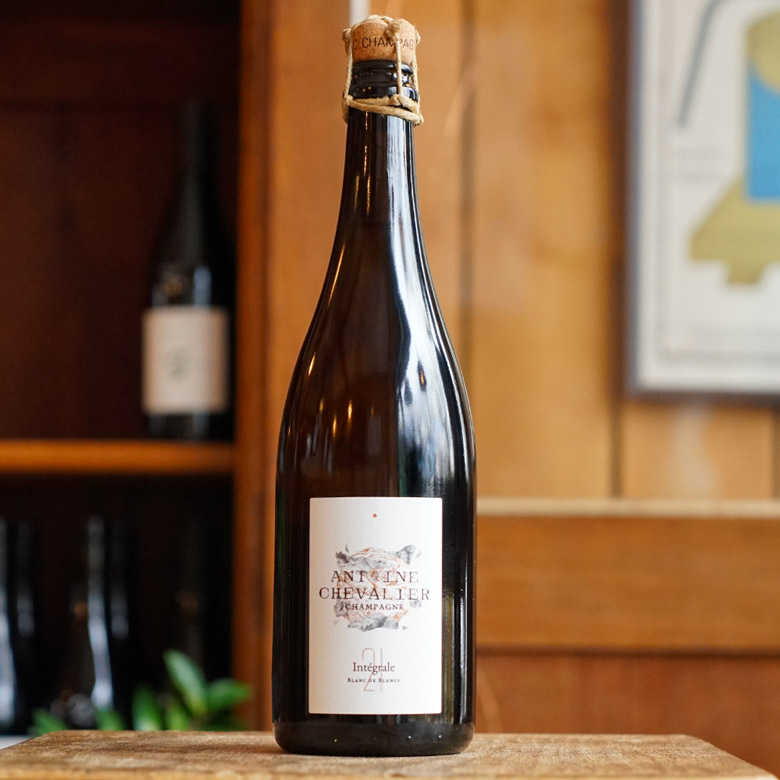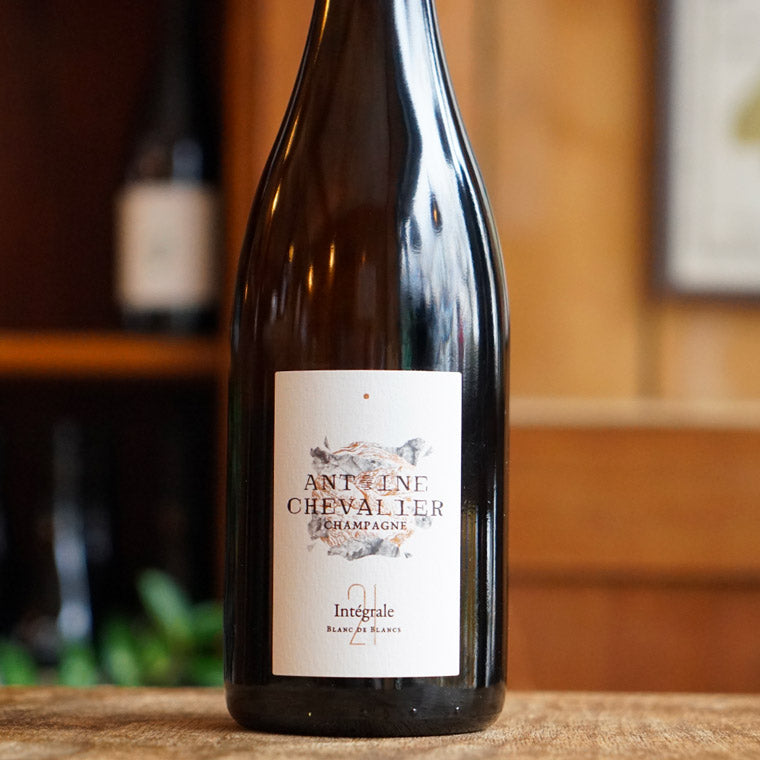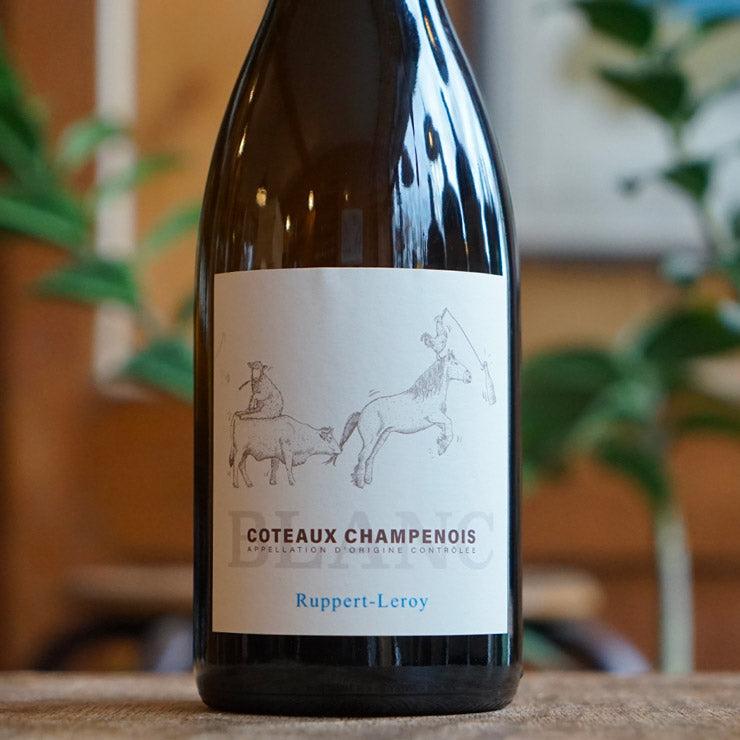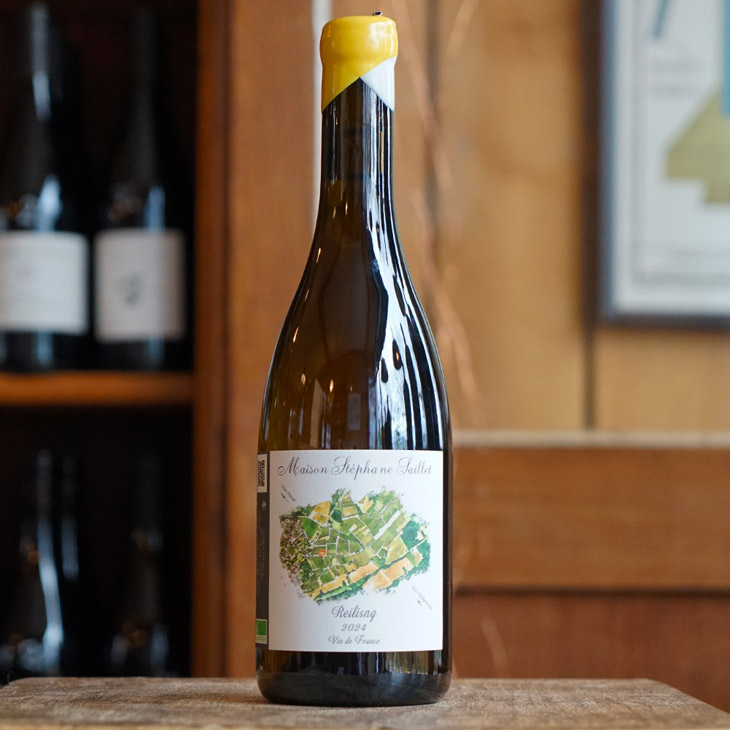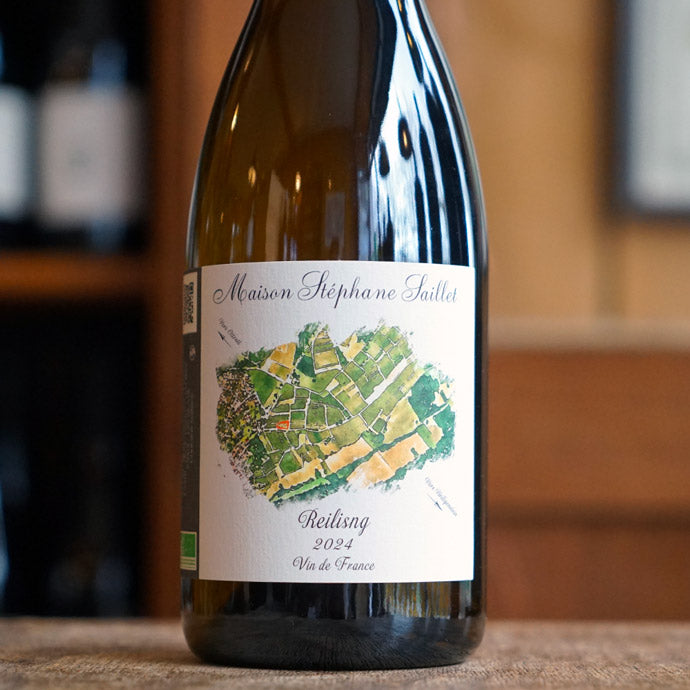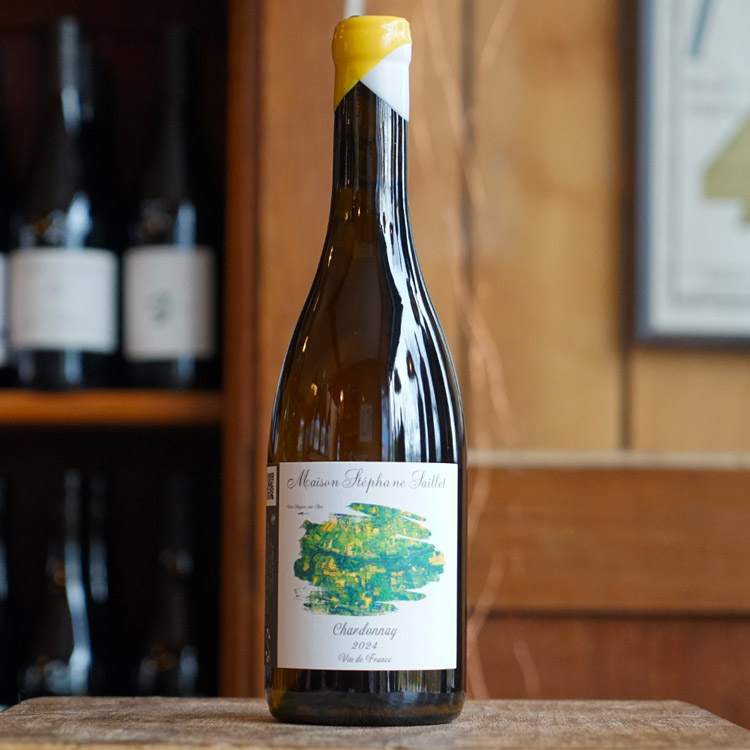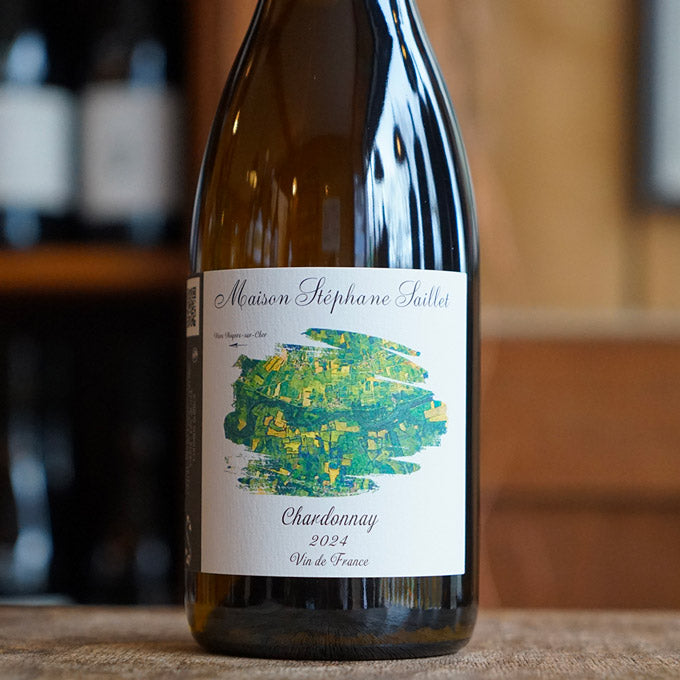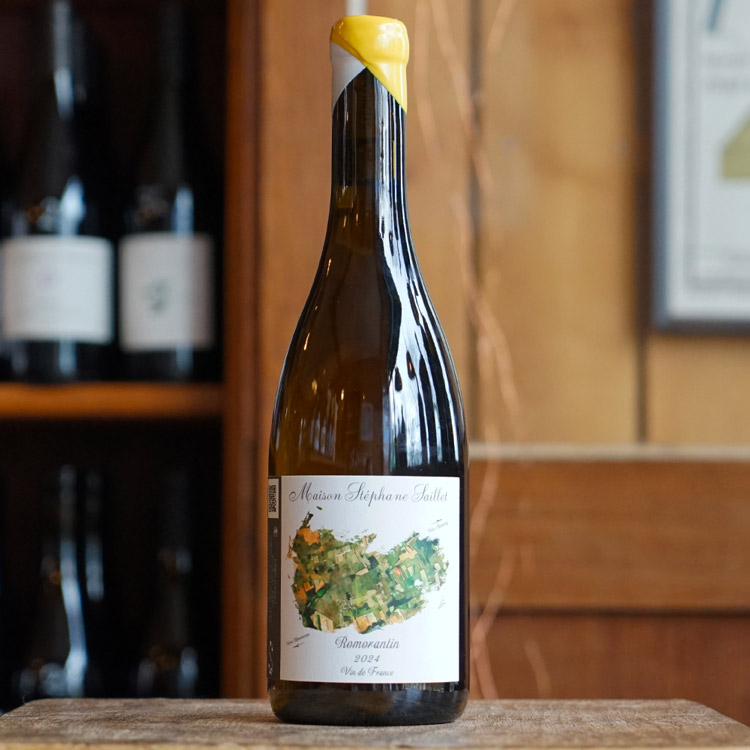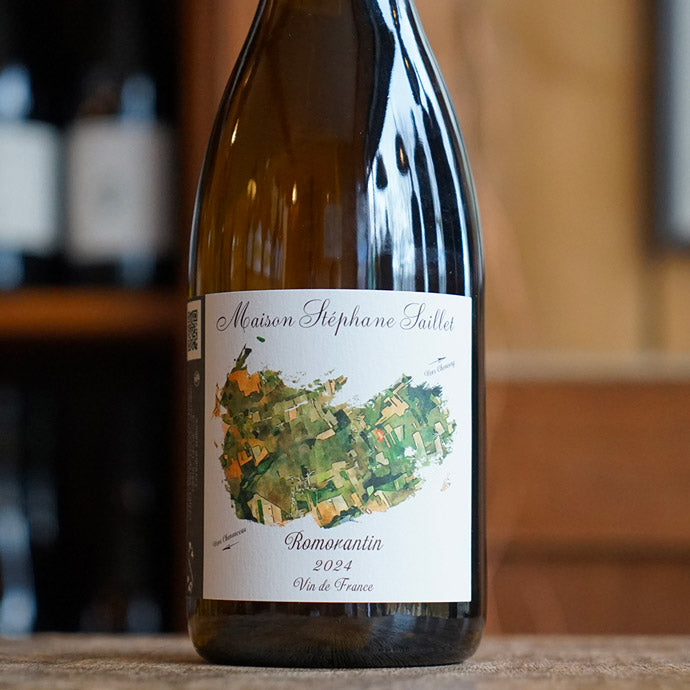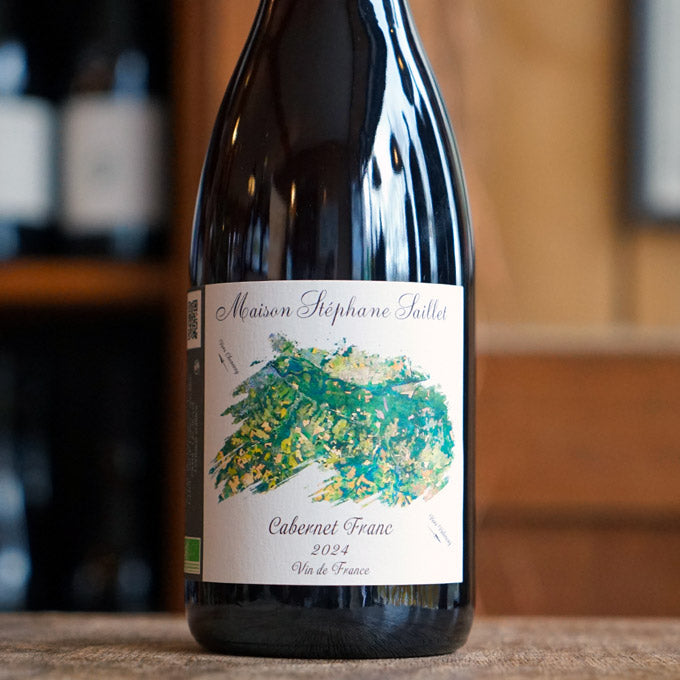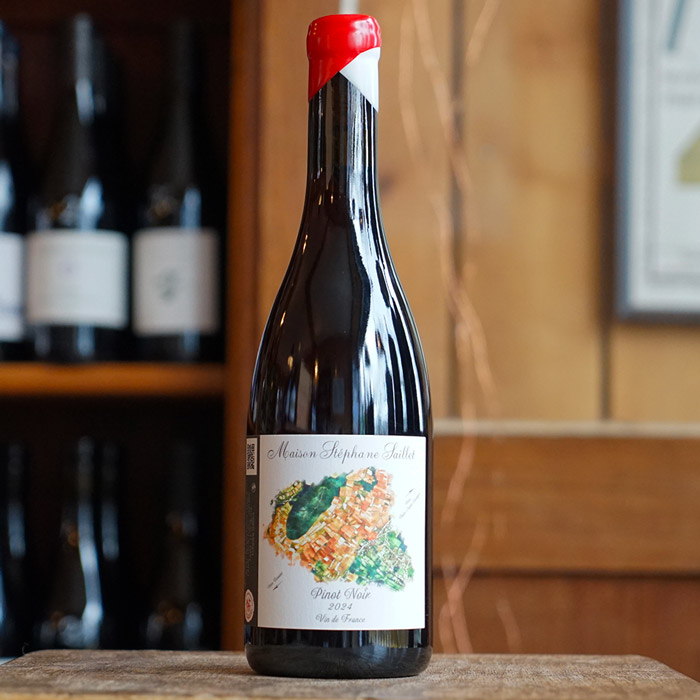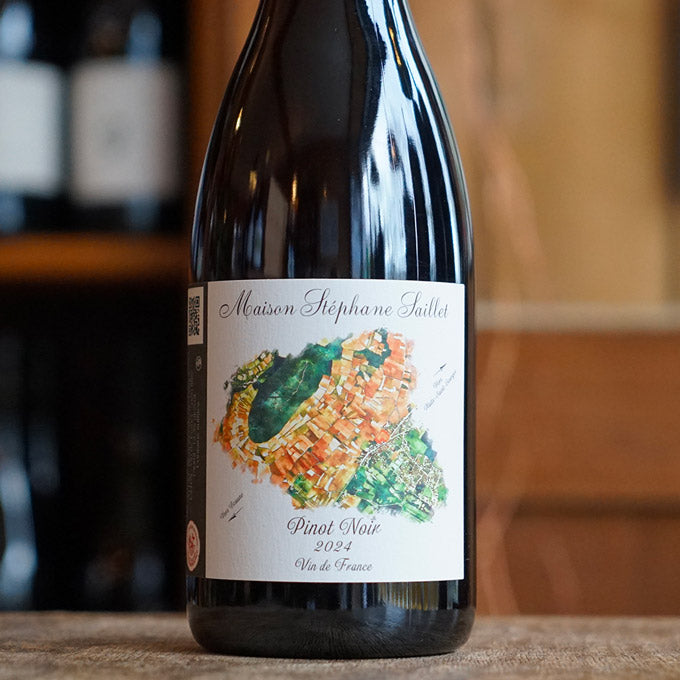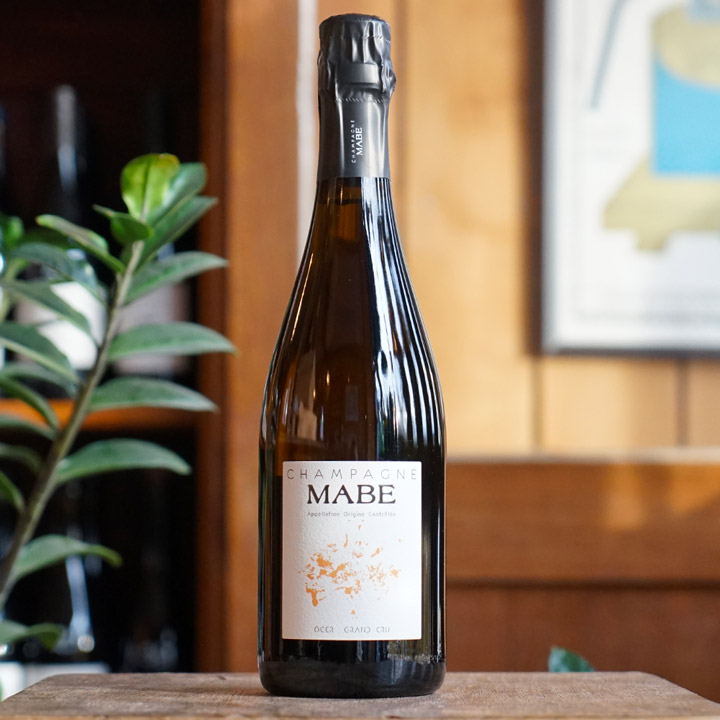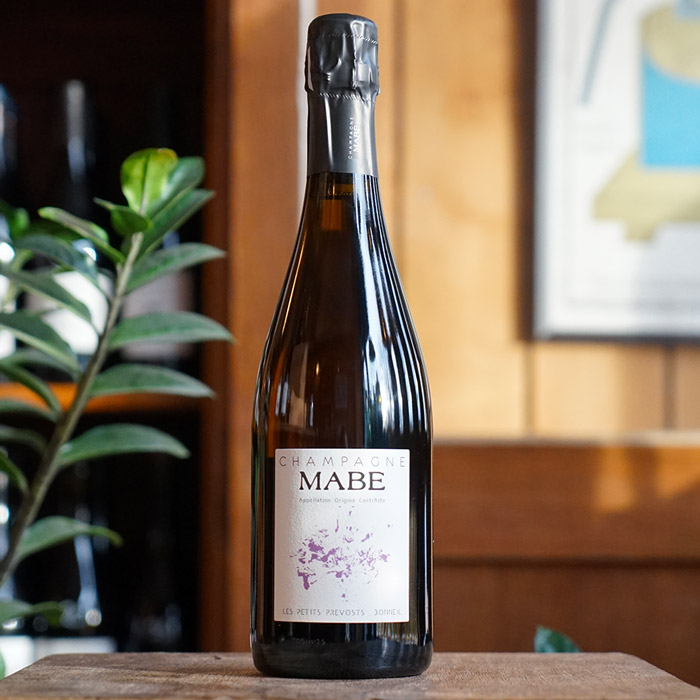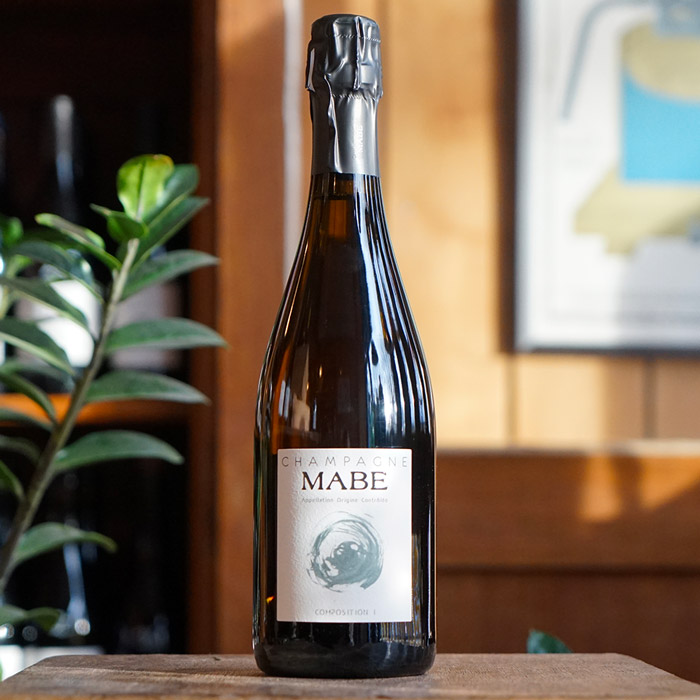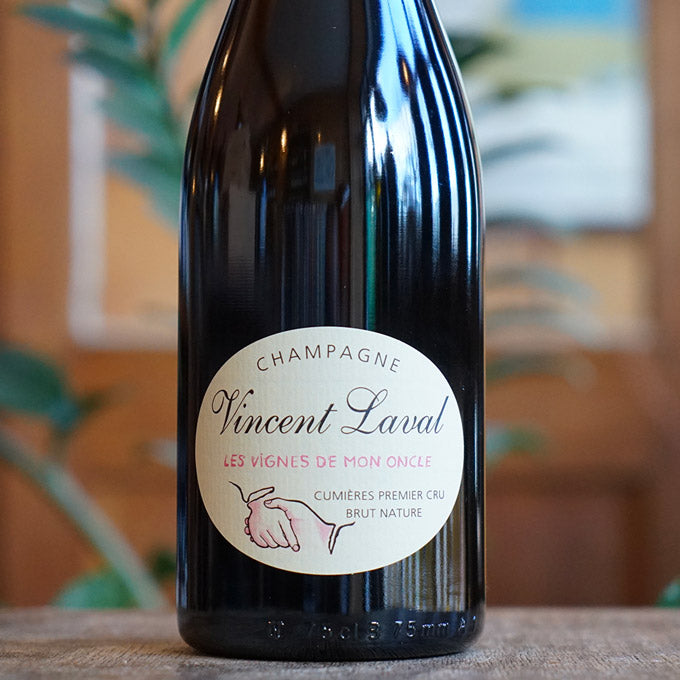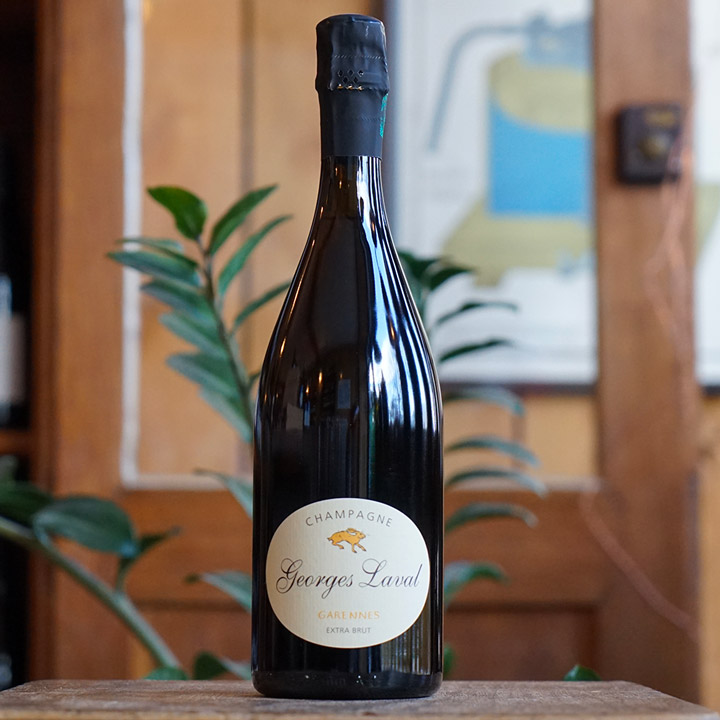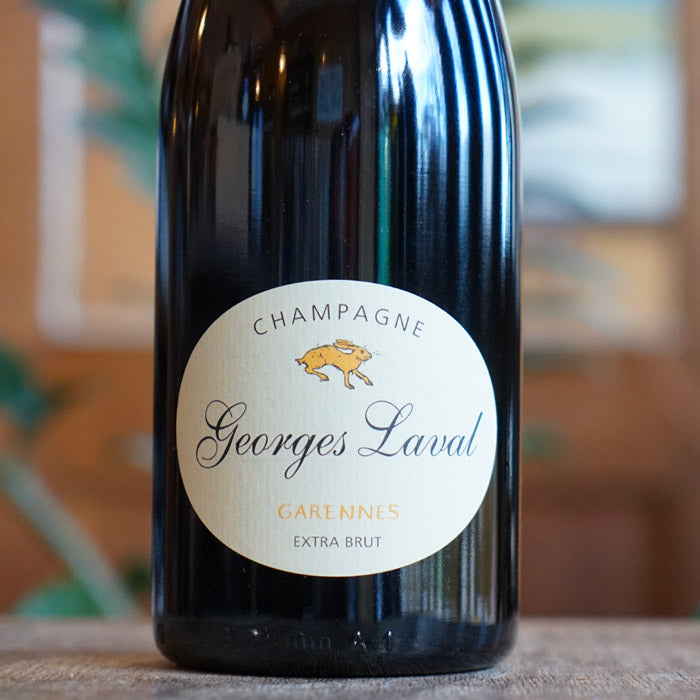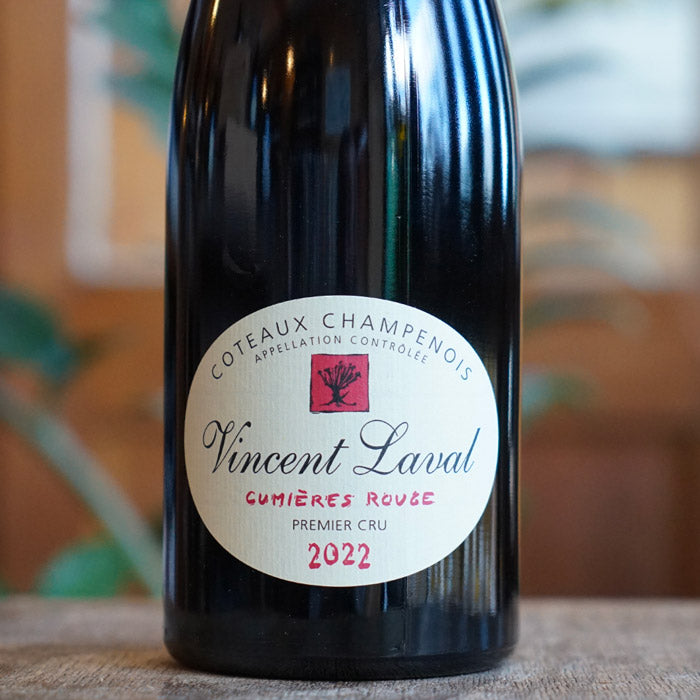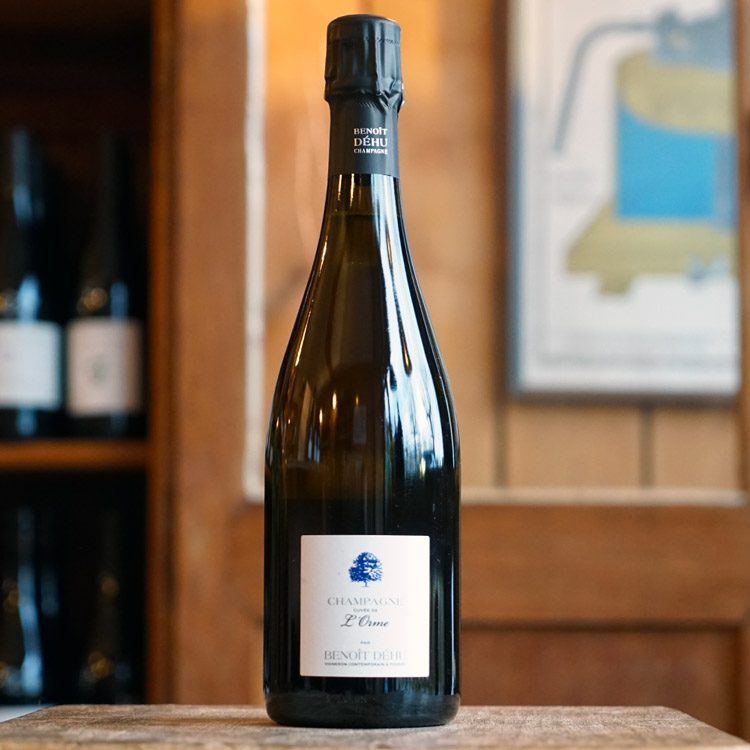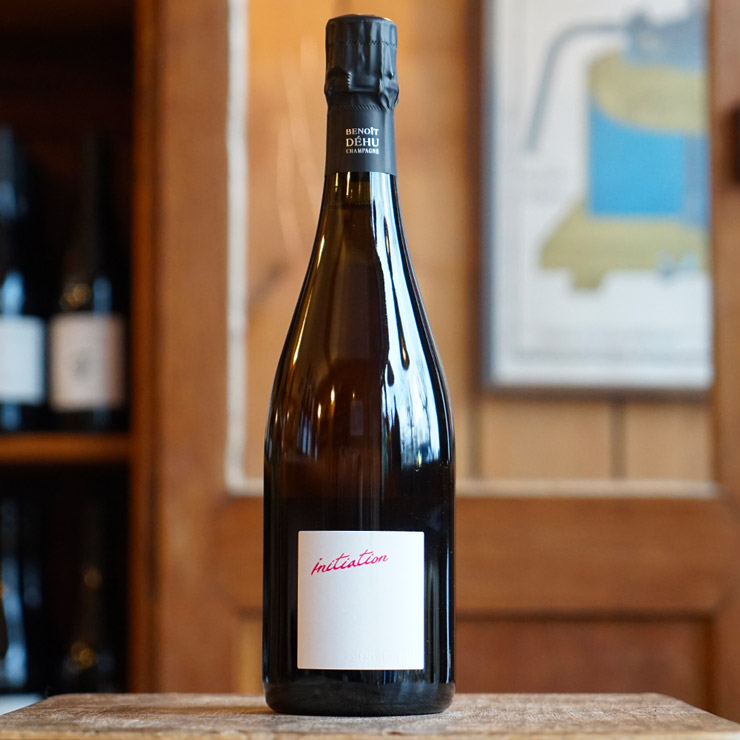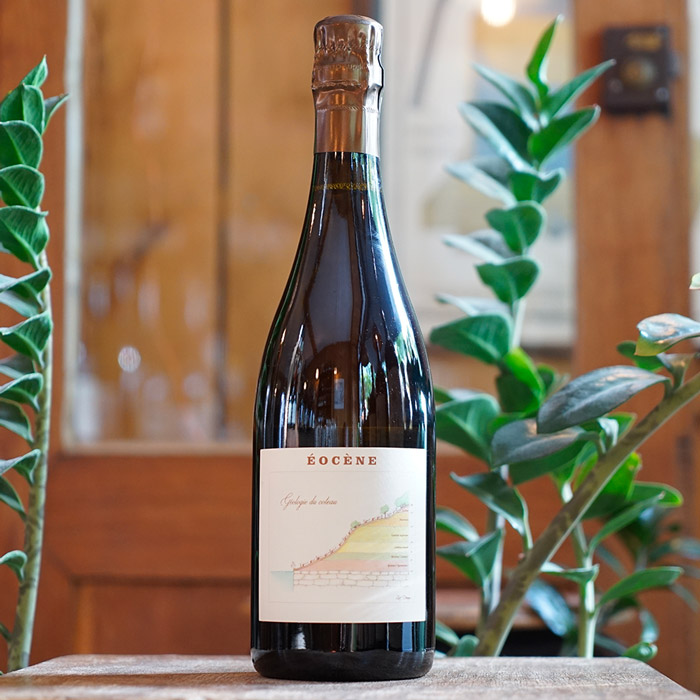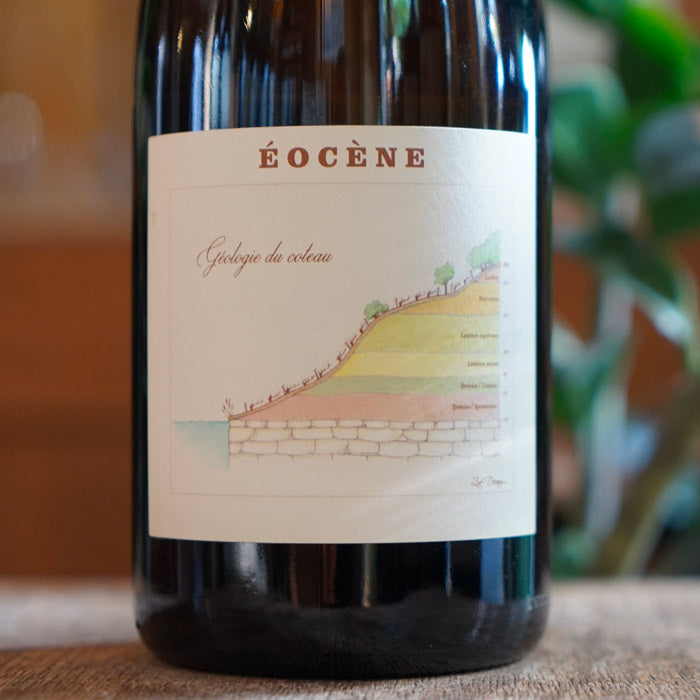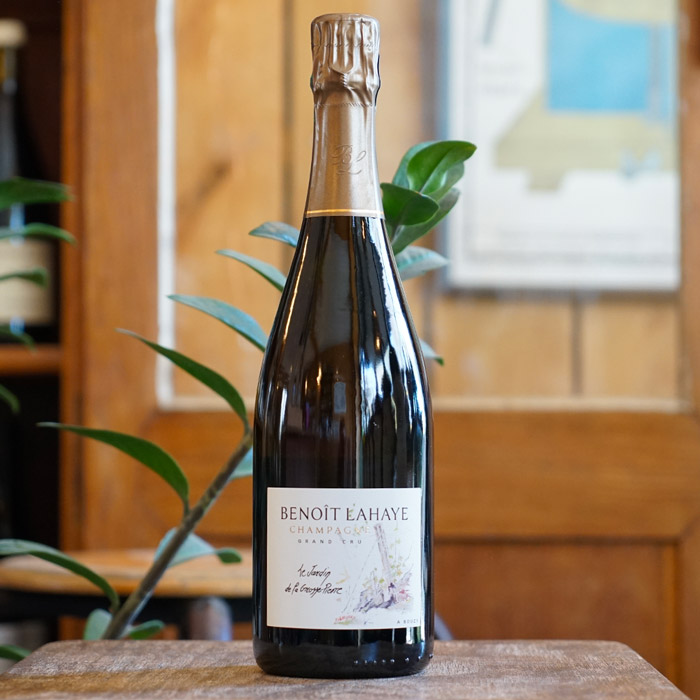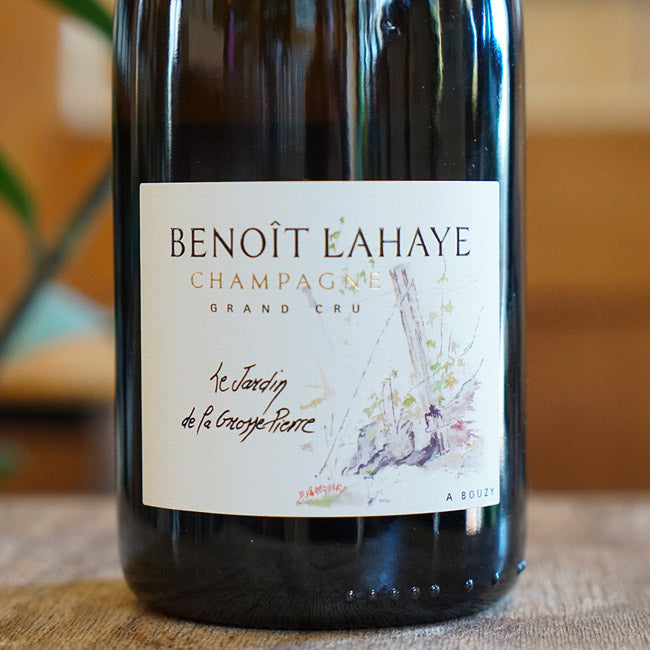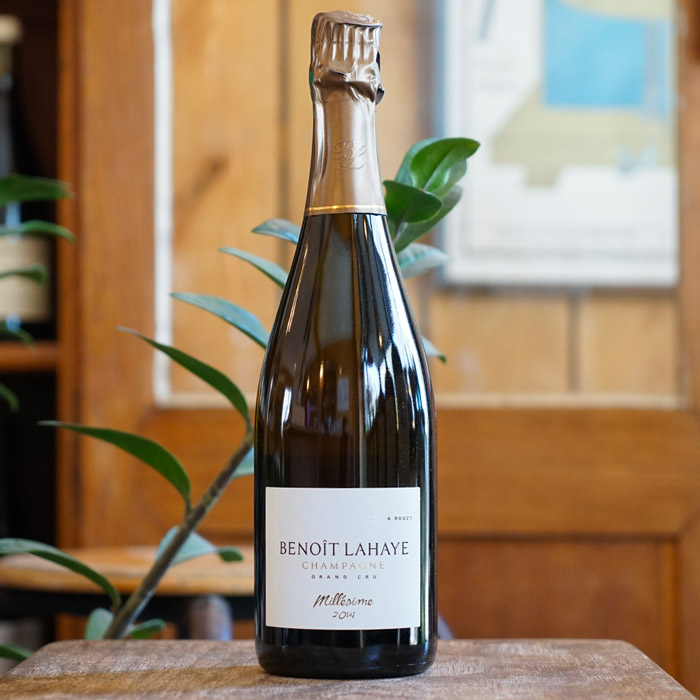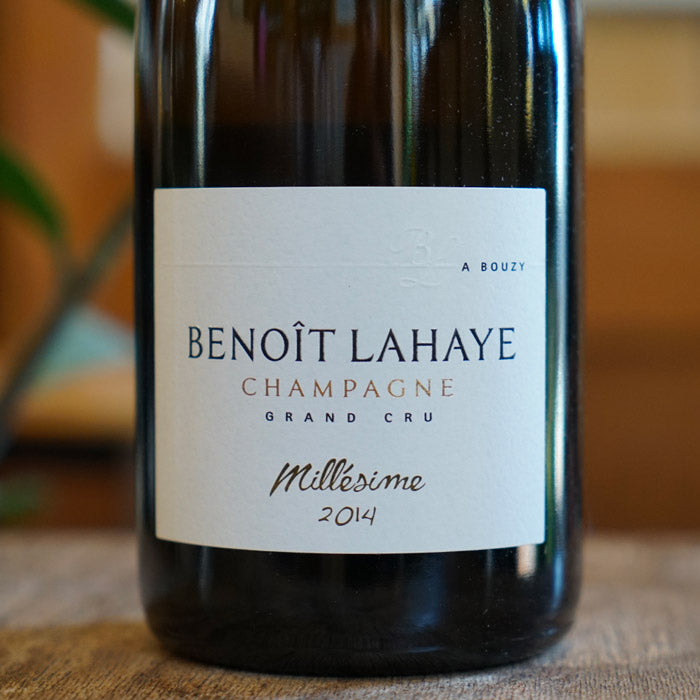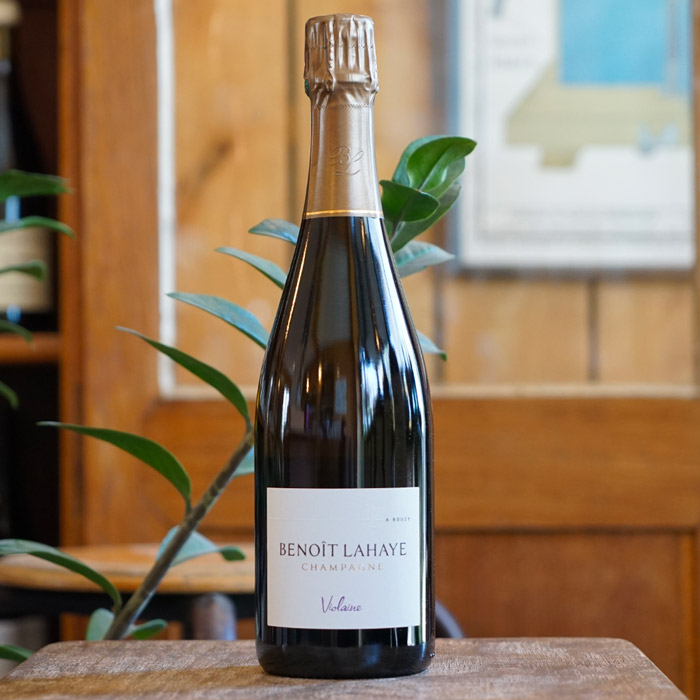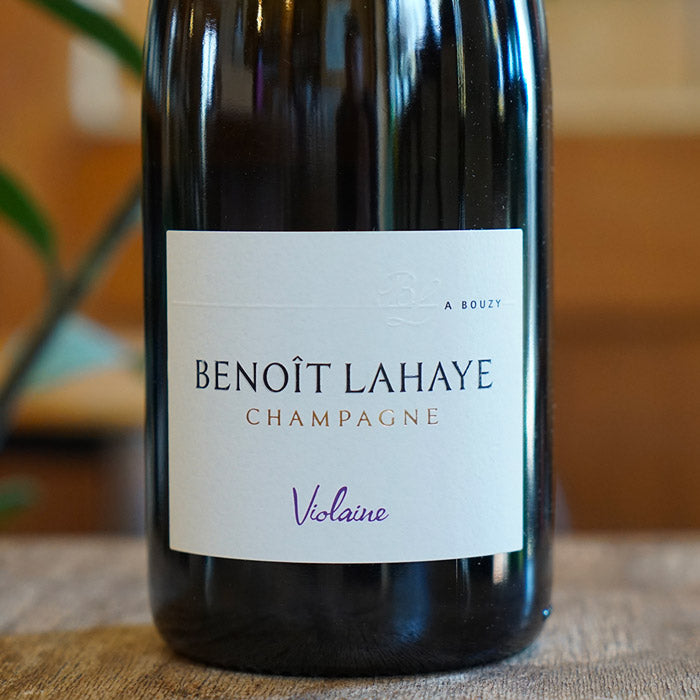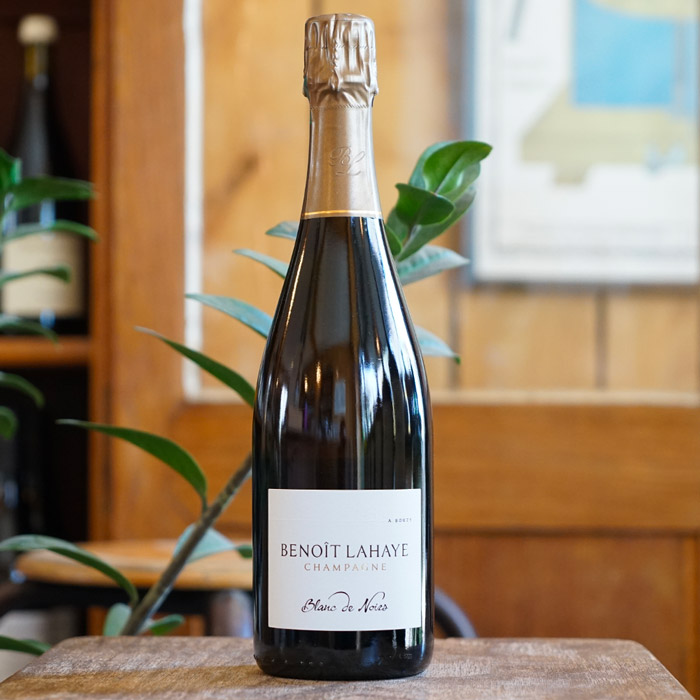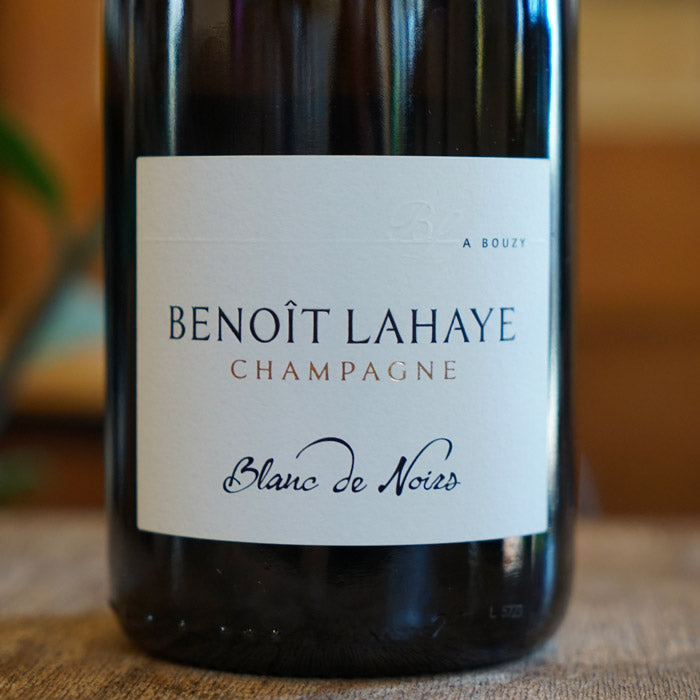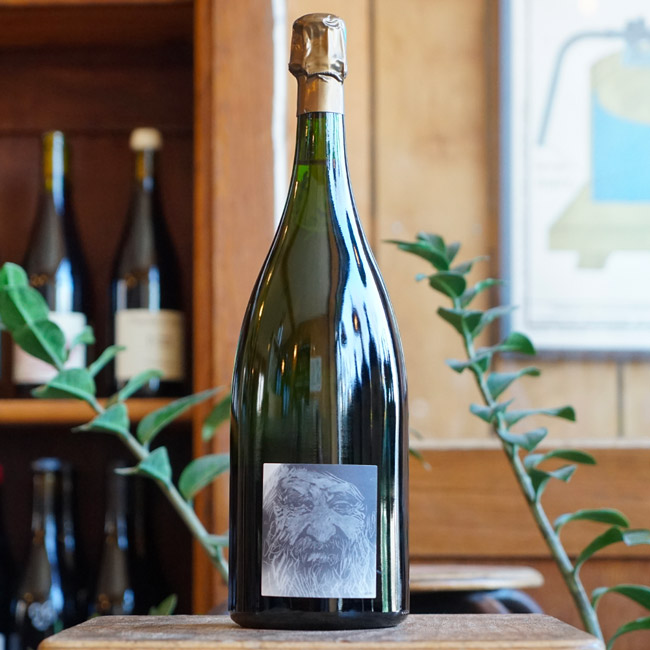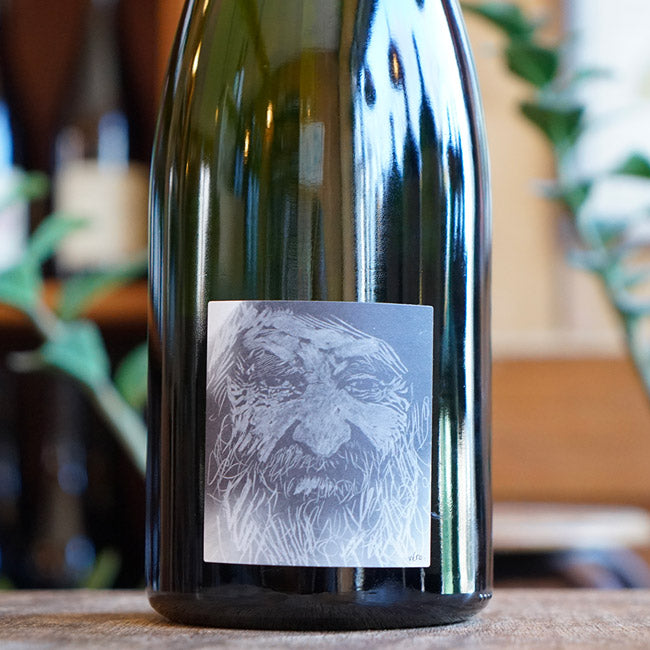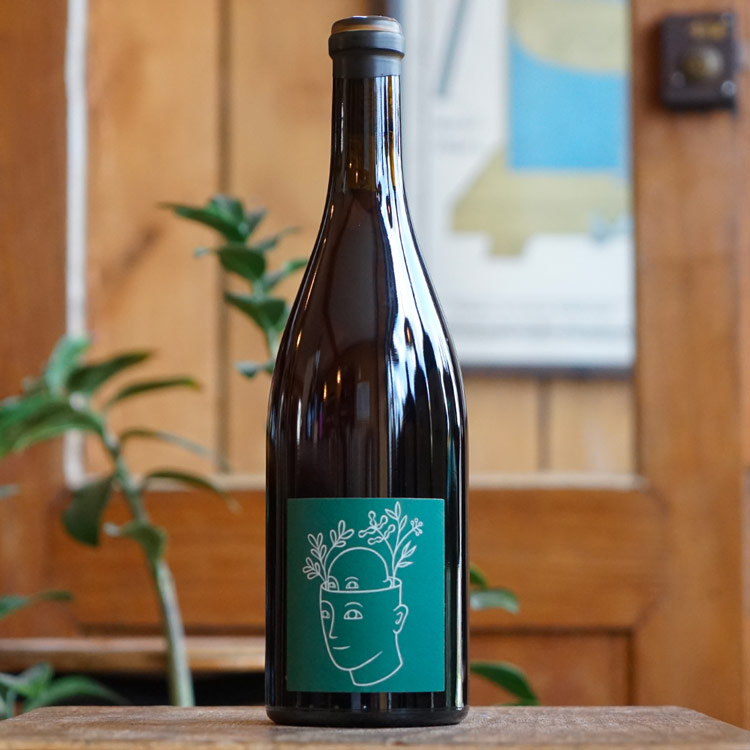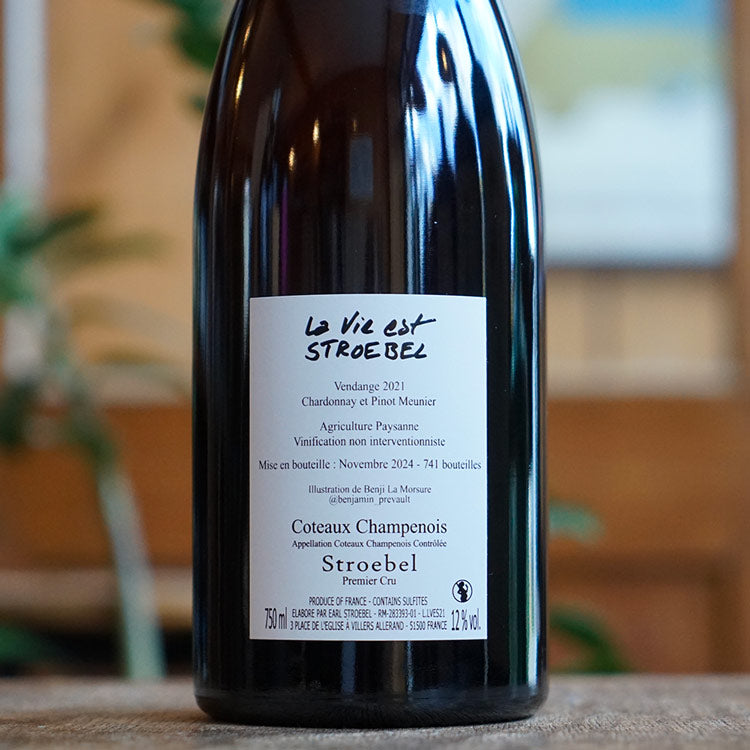


The return of Frédéric Cossard



Frédéric Cossard, a pioneer of natural wines in Burgundy, returns with a large shipment: Vosne-Romanée, Chambolle-Musigny, Nuits-Saint-Georges, Morey-Saint-Denis, Puligny-Montrachet, Meursault. Vintages without additives, aged with high standards.
Dard & Ribo are back!



The Rhône duo has released a highly anticipated new vintage. Crozes-Hermitage, Saint-Joseph, Hermitage: appellation wines and iconic locations, faithful to the balance and precision that have made the estate's reputation.
Jessica Litaud - Vintage 2024



New wines, new vintage, selective harvesting...
This arrival confirms Jessica Litaud's place among the most precise signatures of the Mâconnais region. ✔️Try it now!
Our latest wines
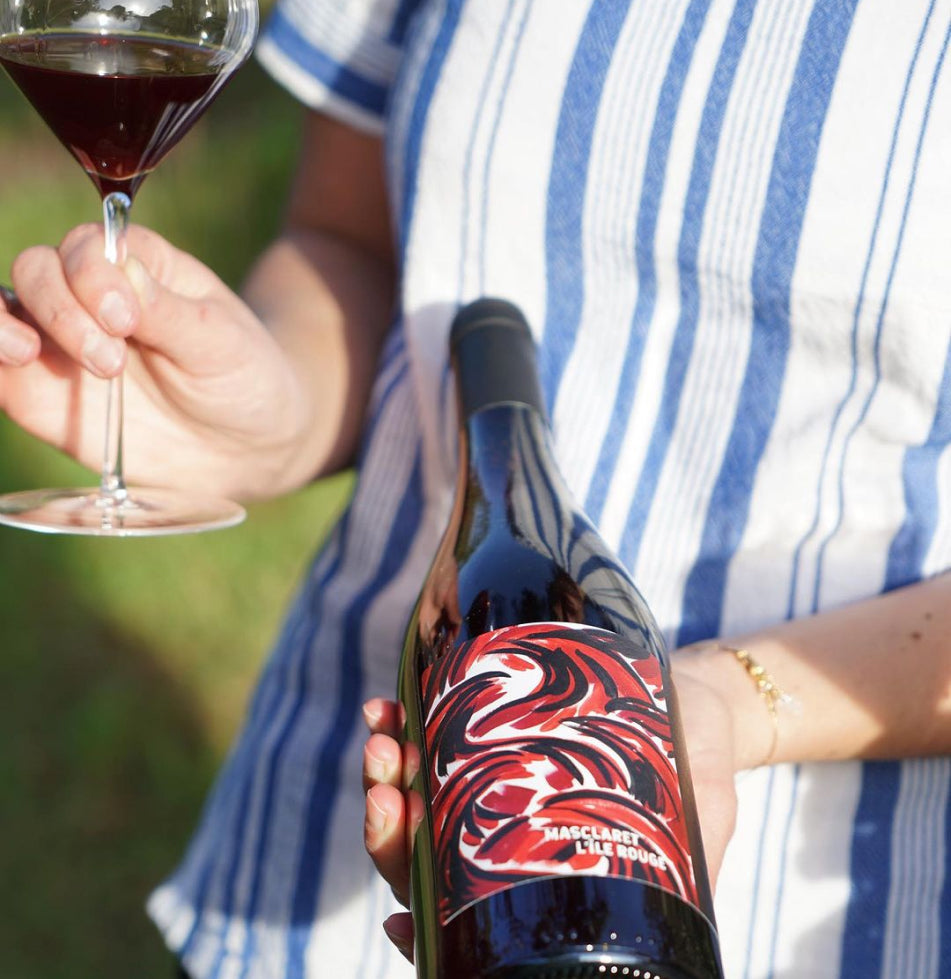
What is living wine?

🌿 Wines made as naturally as possible
🍇 Grapes grown organically or biodynamically
🤚 Manual harvesting to respect the integrity of the grapes
❌ No addition of oenological products
🍷 Minimum doses of sulphites at bottling
OUR LATEST CHAMPAGNES
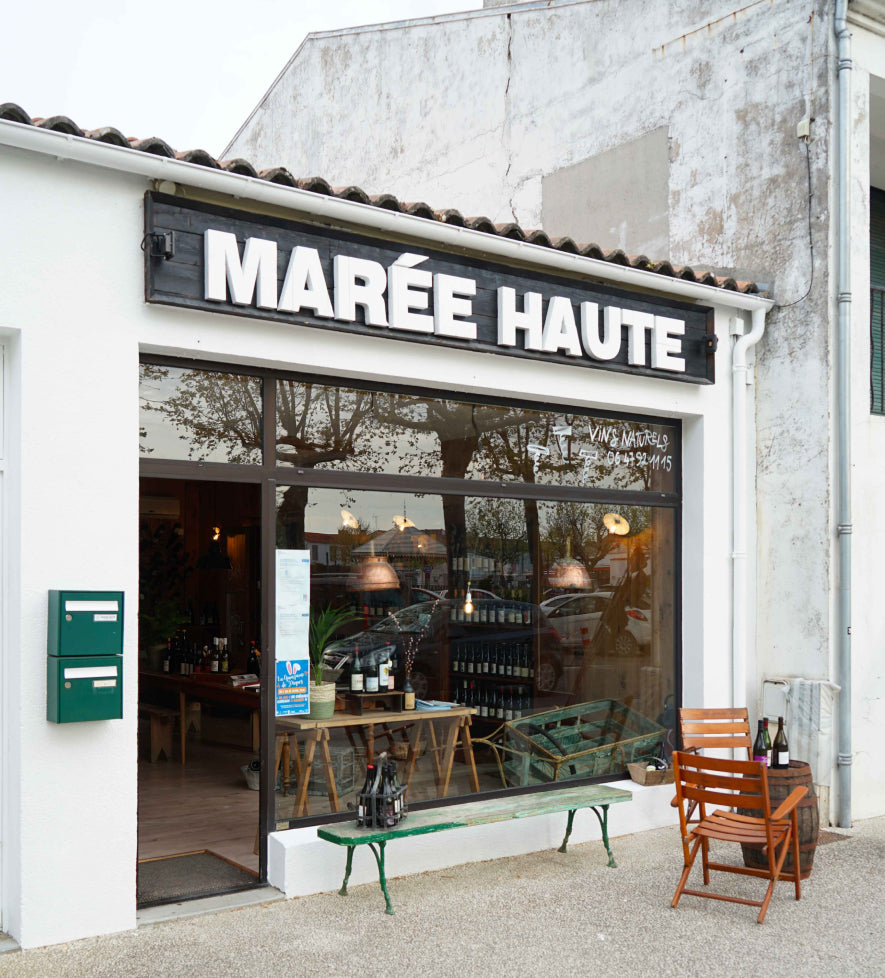
Come meet us

Marée Haute is also a shop on the island of Oléron.
16 rue Raymond Grandsart, 17310 Saint-Pierre d'Oléron
Winter closure:
from October 1, 2025 to March 31, 2026
Open during school holidays only:
From Saturday, October 18th to Saturday, November 1st,
· from Saturday, December 20th to Saturday, January 3rd
From 10:00 to 13:00 and from 15:30 to 19:00
They talk about us


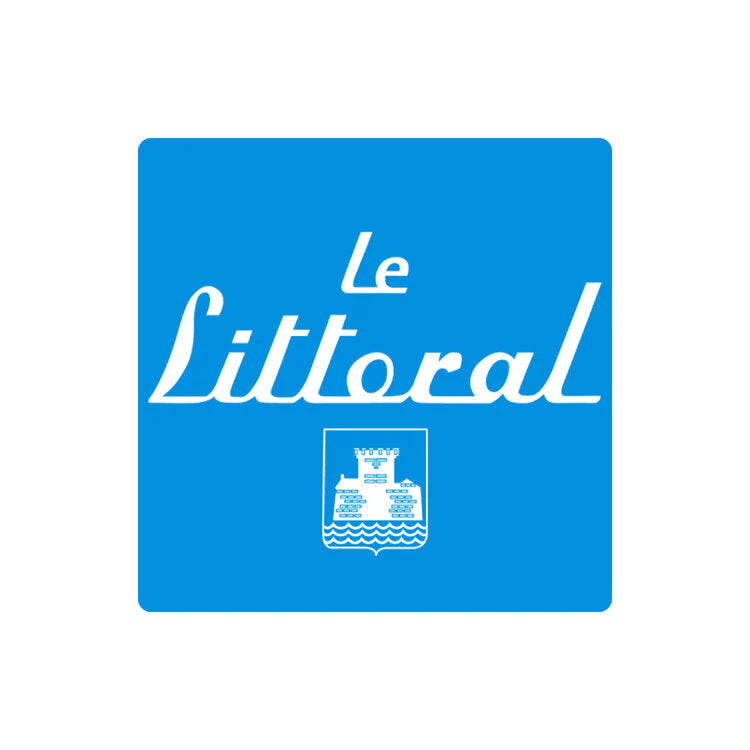
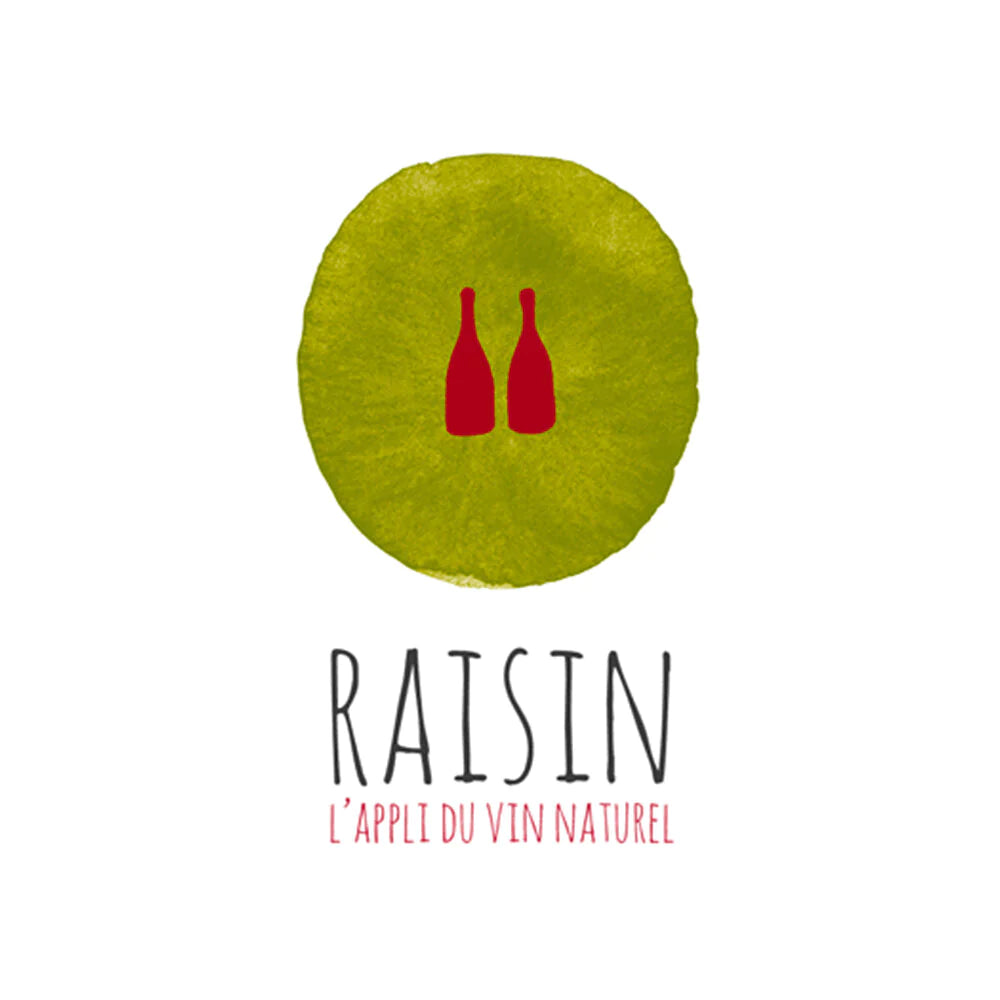

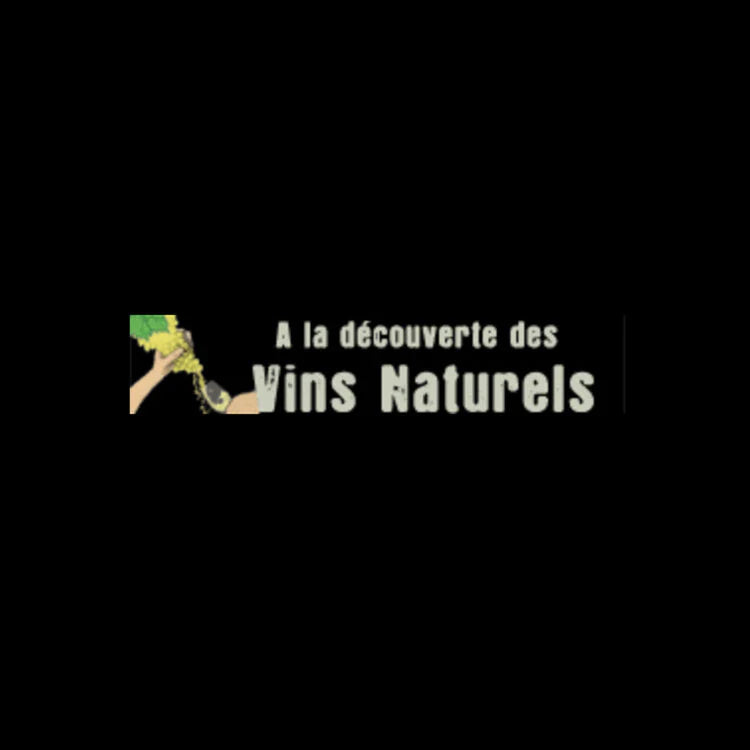
WHAT IS LIVING WINE?
Living wine, or wine without additives, is first and foremost a wine made as naturally as possible . It is made exclusively from grapes grown using organic or biodynamic farming methods. The harvest is always done by hand to preserve the integrity of the grapes. In the cellar, our winemakers then focus on fermenting the wine naturally , using the indigenous yeasts naturally present on the grapes. No oenological products are added , no acidification, no enzymes, and no other synthetic chemicals. The wine is then aged in various containers (barrels, vats, amphorae, etc.) for the time necessary for its stabilization, before being bottled. Only a minimal dose (less than or equal to 30 mg/L) of sulfites is permitted.
Natural wine can be, like conventional wine, white , red , rosé or even sparkling .
Wines made without additives are characterized by their digestibility , drinkability and their pursuit of a product that is more respectful of the environment and consumers (although they contain alcohol).
WHAT ARE THE DIFFERENCES BETWEEN ORGANIC, BIODYNAMIC AND NATURAL WINE?
Several sets of specifications correspond to these designations. While sulfites are very often mentioned, rightly accused of causing headaches, many other products can be included in the composition of so-called conventional wines.
Here is an overview of the different specifications for organic, biodynamic and natural products:
The organic farming specifications (AB label) prohibit the use of any synthetic chemicals in the vineyards and the winery. However, they do allow for some oenological adjustments during the winemaking process. Sulfites are permitted up to 100mg/L for red wines and 150mg/L for white wines.
In biodynamic winemaking (Demeter or Biodyvin certified), the winemaker not only works without synthetic chemicals but also takes the lunar calendar into account for all their operations. They also use biodynamic preparations (fermented horn manure, silica, etc.) to strengthen the vines. Overall, the winemaker seeks to integrate viticulture into a holistic environment. Sulfite levels can reach up to 70g/L for red wines and 90g/L for white wines.
In natural winemaking (Vin Méthode Nature label), the specifications require the use of organic grapes, fermenting naturally with indigenous yeasts. Natural wines receive no additives during the entire vinification and aging process. Only minimal doses of SO2 are permitted (30mg/L maximum), and these must be declared by the winemaker. No harsh filtration or alteration techniques are allowed.
We also find the designation SAINS Wines which aims to completely prohibit the use of sulfites.
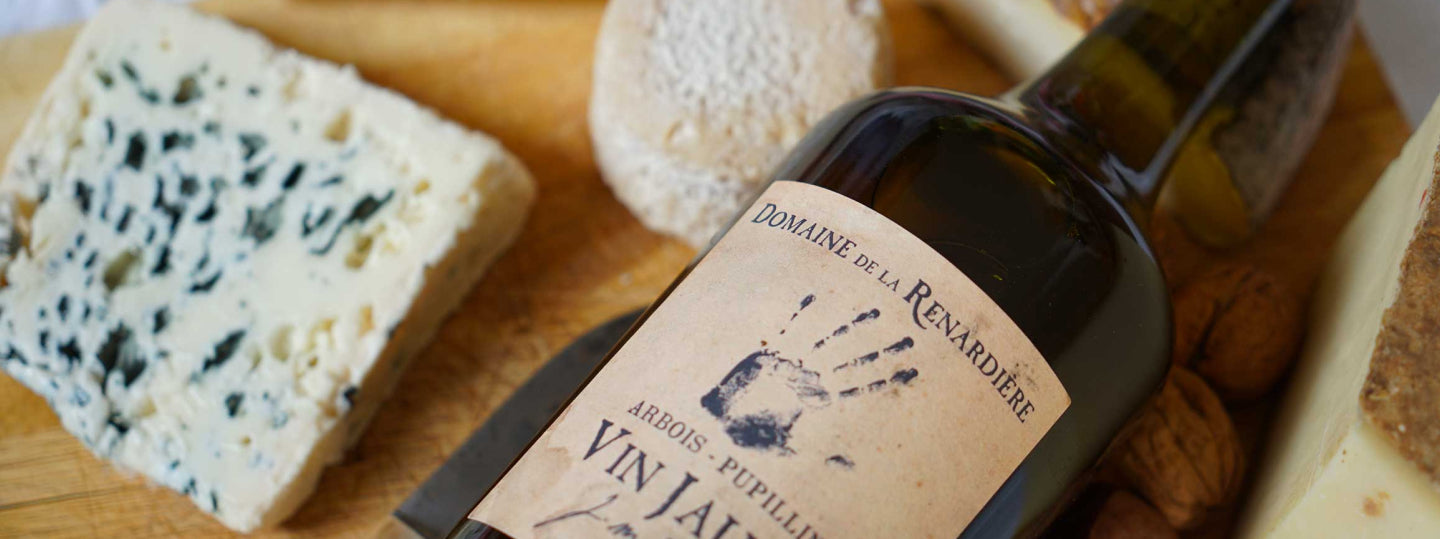
Stay informed
Subscribe to our newsletter and benefit from 10% off your first order*!
*offer cannot be combined with other current offers
